Speakers

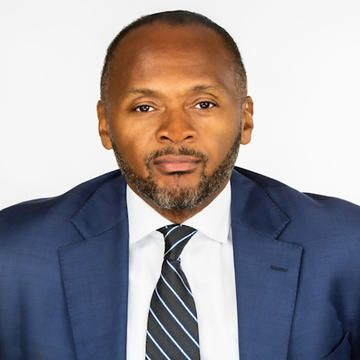
Michael Curry, Esq.
Massachusetts League of Community Health Centers
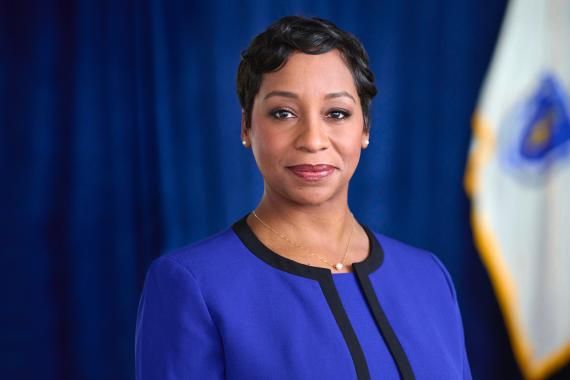
Attorney General Andrea Joy Campbell
Commonwealth of Massachusetts
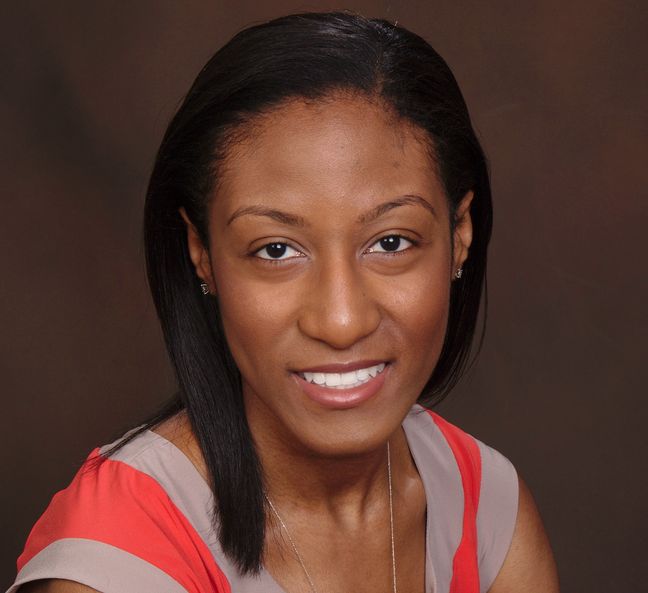
Alyssa Peterkin, MD
Boston University Chobanian & Avedisian School of Medicine
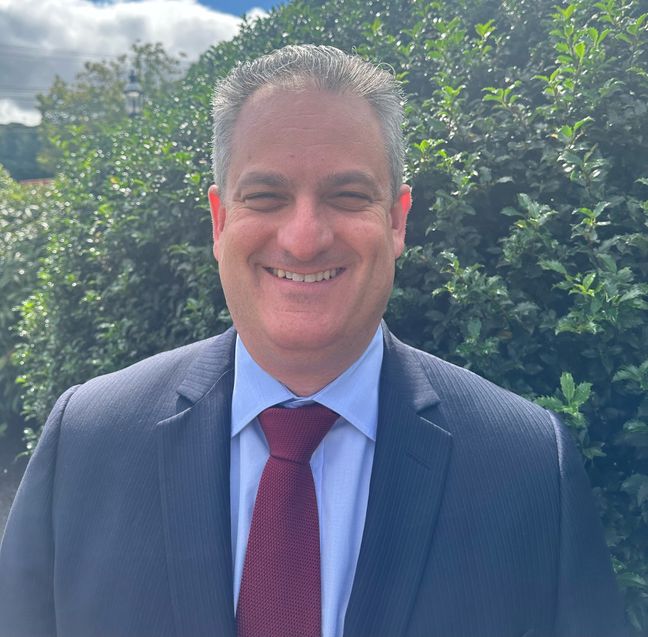
Todd Kerensky, MD
South Shore Health and Spectrum Health, Weymouth
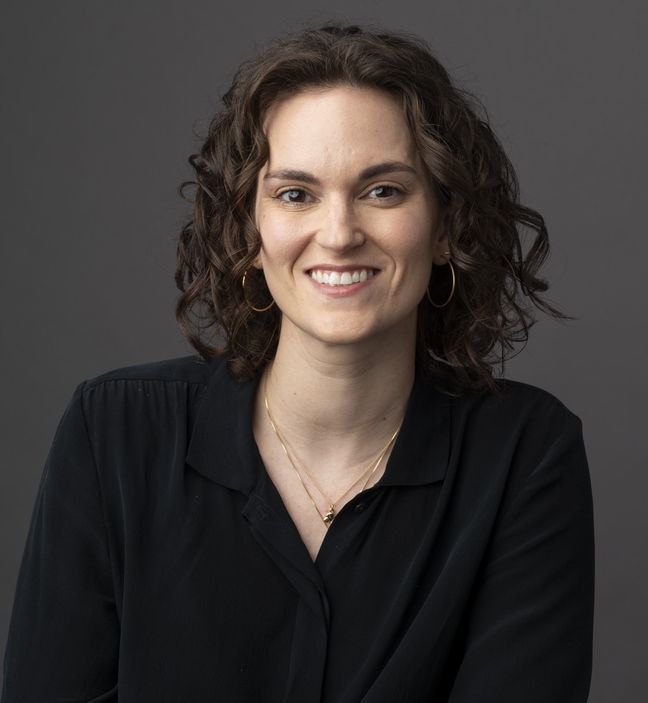
Emery Marcus, MSN, APRN, FNP-C, PMHNP-BC, CARN-AP
SSTAR, Fall River
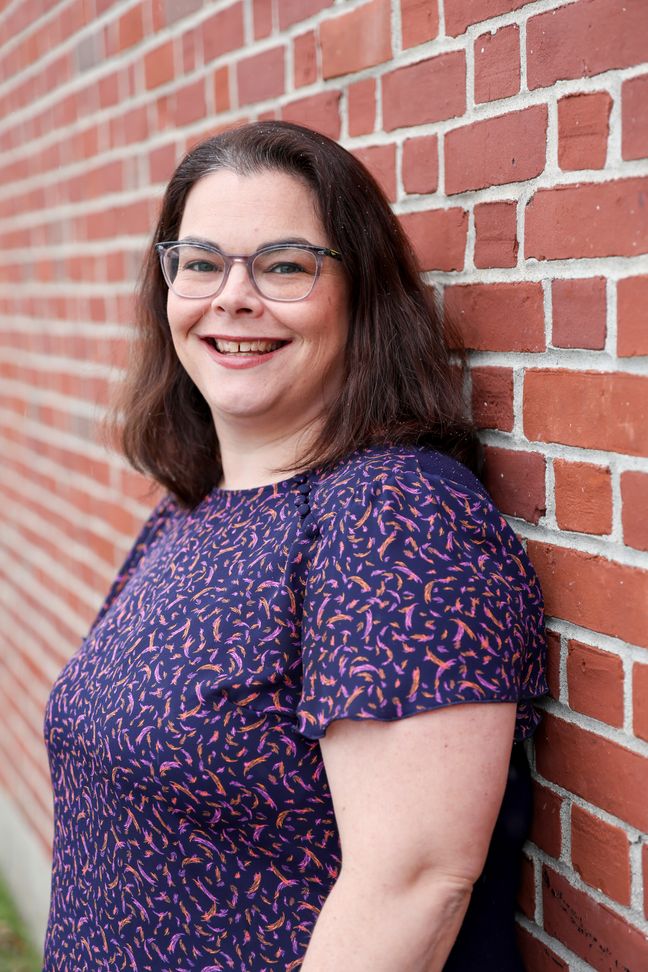
Jessica Kemp, RN, CARN
The Brien Center, Pittsfield
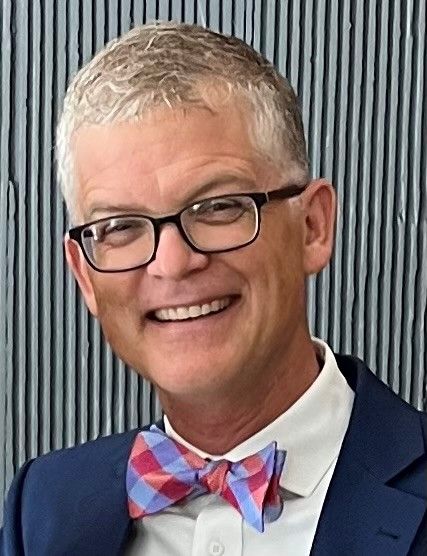
Alexander Y. Walley, M.D., M.Sc.
Boston Medical Center
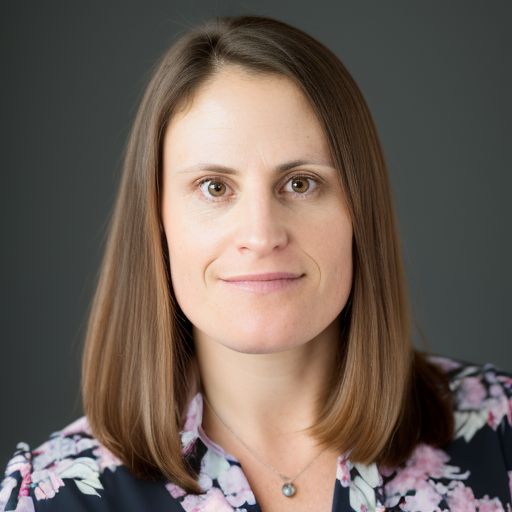
Casy Calver, PhD
Boston Medical Center
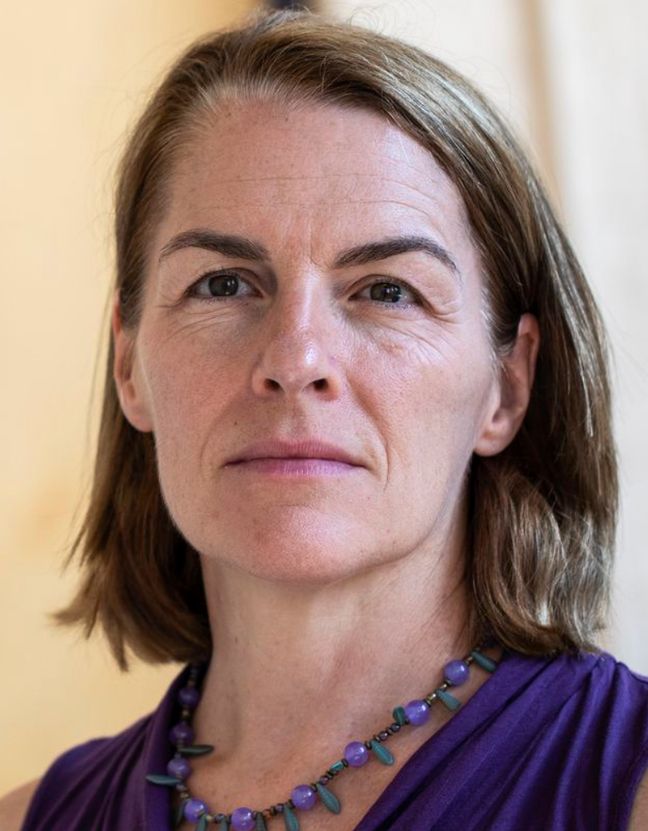
Ruth Potee, MD
Behavioral Health Network, Springfield

Vella Reilly
Save Our Selves (S.O.S)
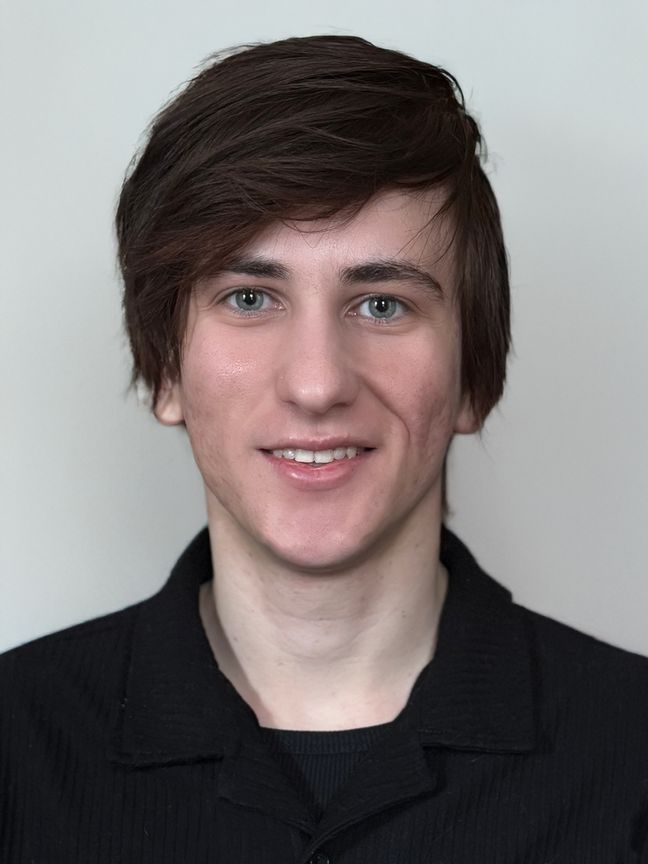
Logan Puleikis
Stimulant Treatment and Recovery Team (START)
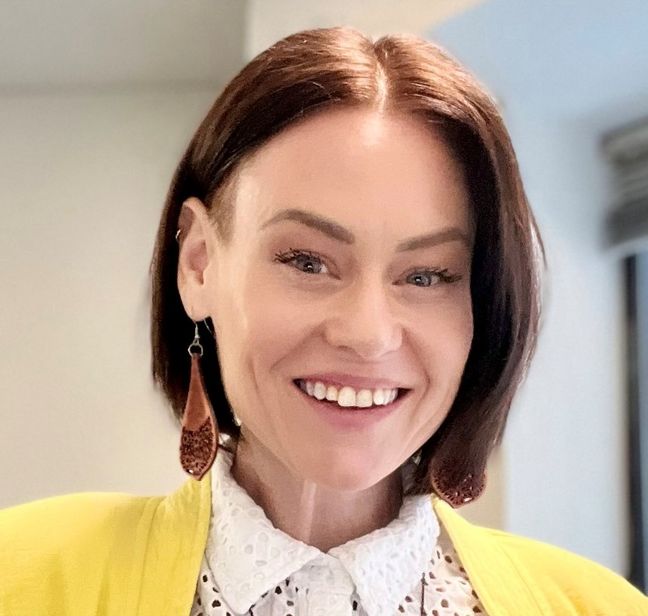
Andrea Macone, MA
Bureau of Substance Addiction Services
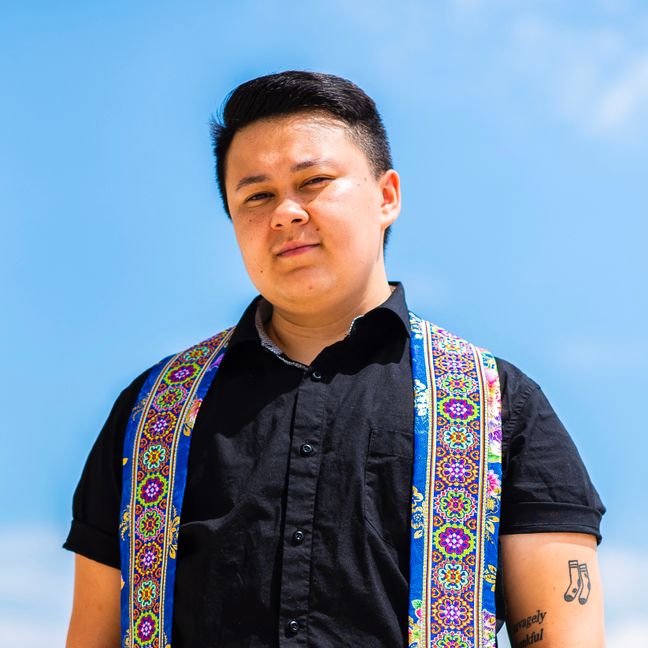
MG Xiong
Bureau of Substance Addiction Services
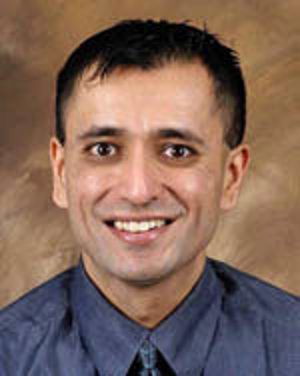
Safdar Medina, MD
Tri River Health Center
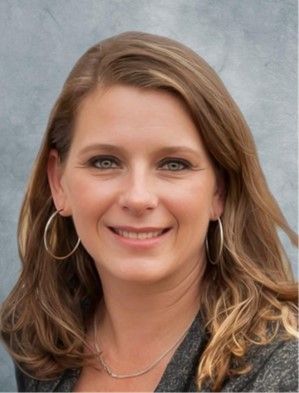
Angelica Gates, MA, LADCI
Bureau of Substance Addiction Services
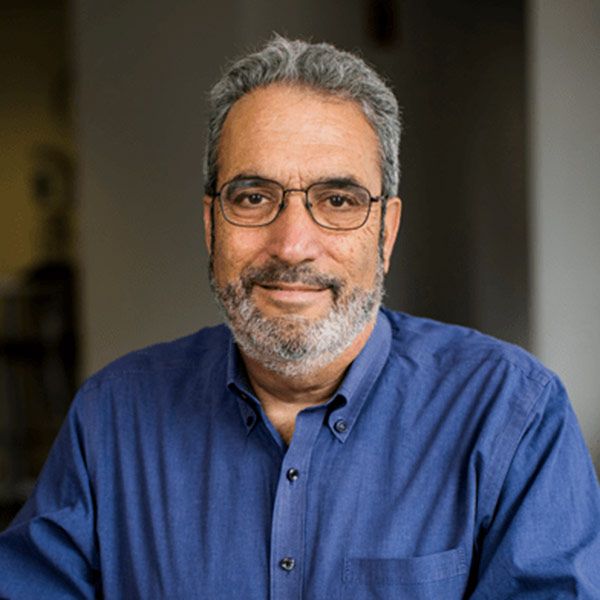
Robert Sege, MD, PhD, FAAP
HOPE National Resource Center
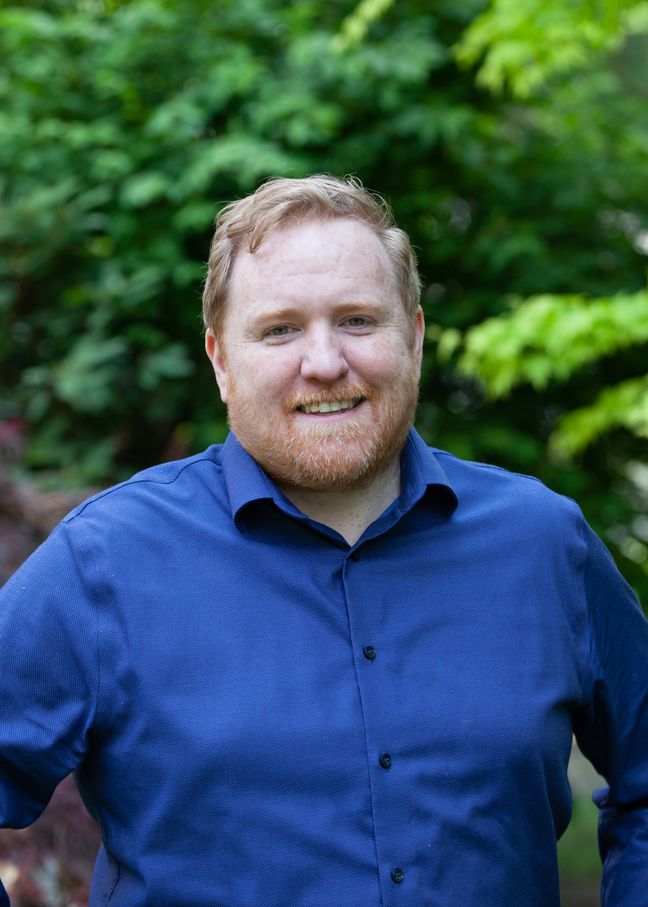
Ed Hayes
Franklin County Sheriff's Office
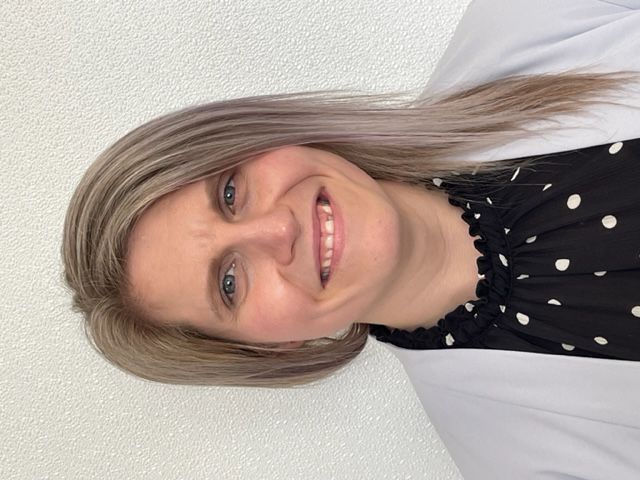
Danielle Mimitz
Hampden County Sheriff's Office
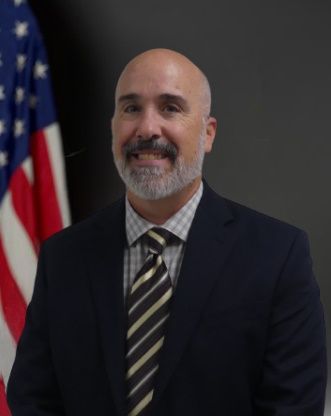
Jason Faro
Essex County Sheriff's Office
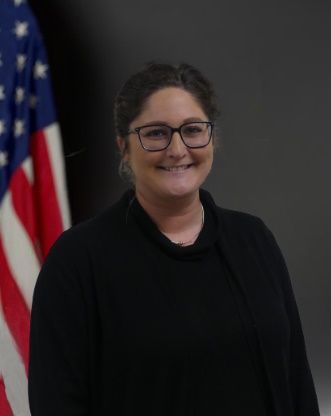
Brooke Pessinis
Essex County Sheriff's Office
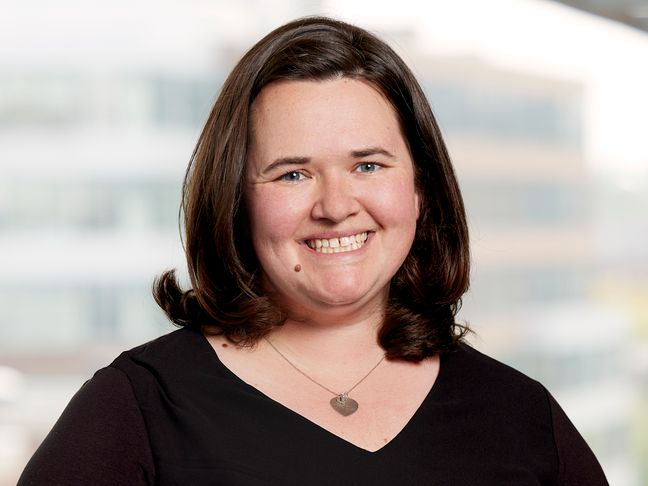
Brittany L. Carney DNP, FNP-BC
Boston Medical Center
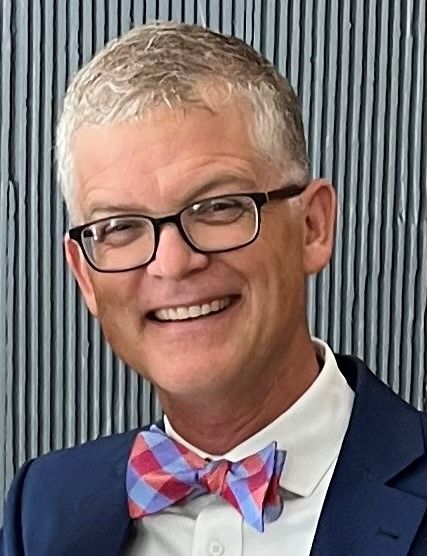
Alexander Y. Walley, M.D., M.Sc.
Boston University Chobanian & Avedisian School of Medicine
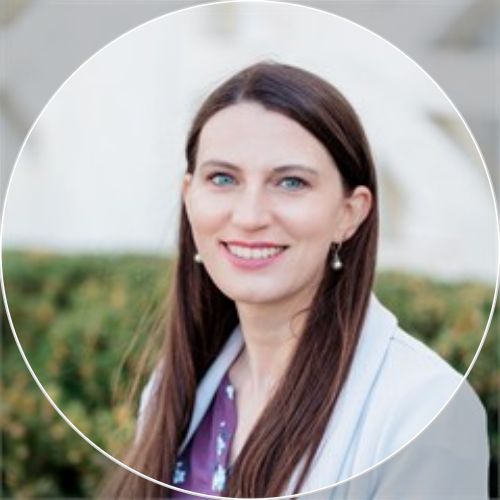
Amanda Tower
MassAbility, Boston
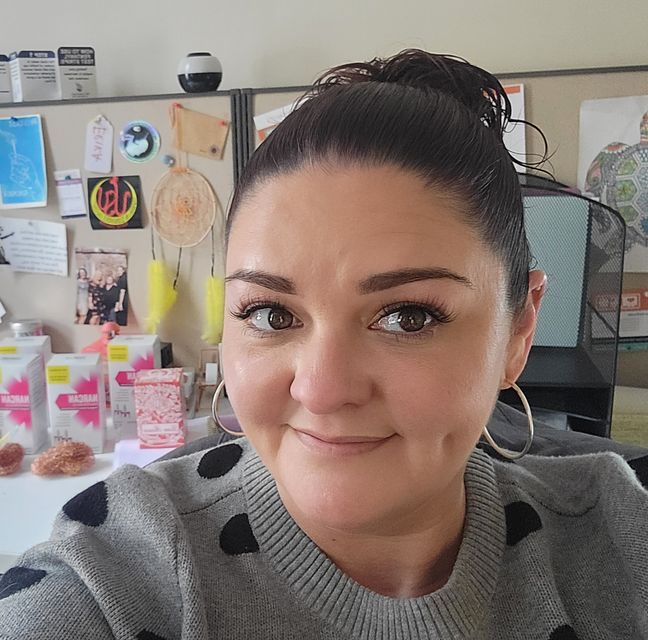
Erika Hensel, CHW
Massachusetts Attorney General’s Office
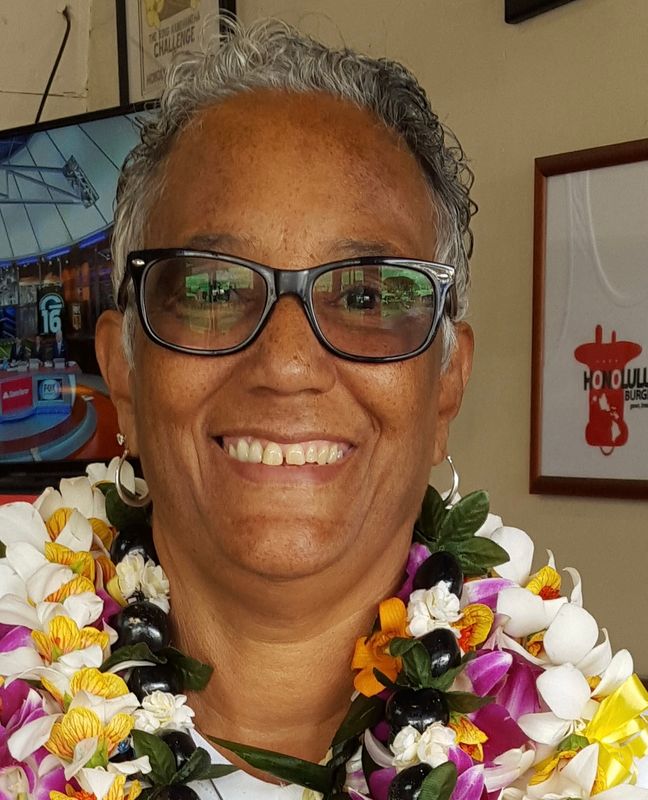
Joy Rucker
National Harm Reduction Coalition and the University of Miami
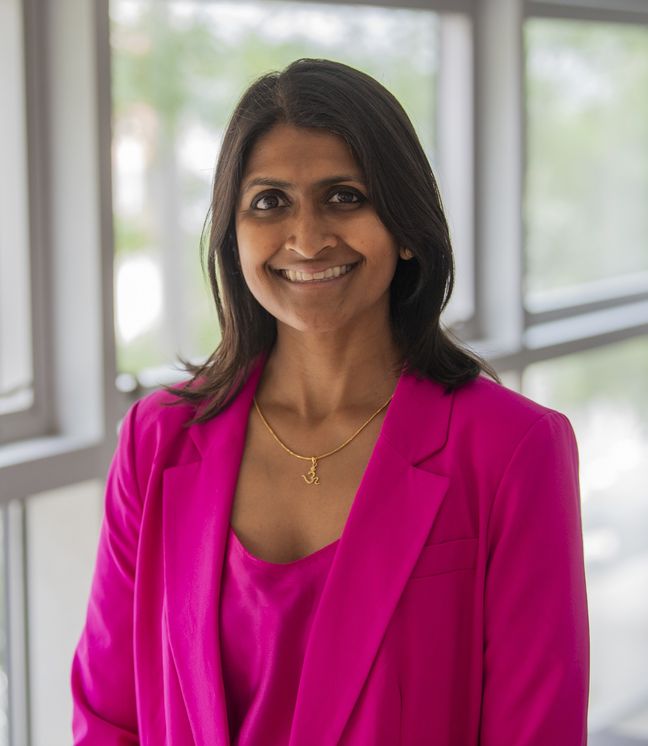
Oami Amarasingham, Esq.
Massachusetts Public Health Alliance
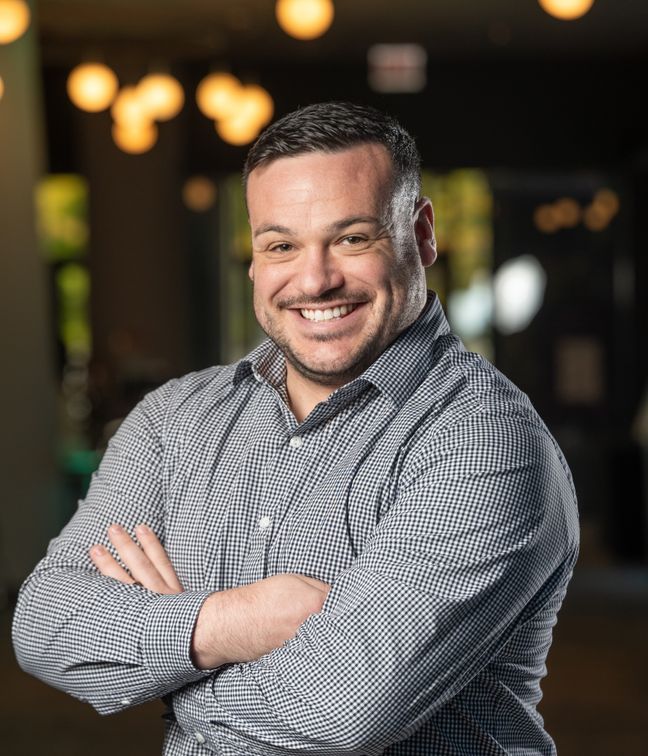
Stephen Murray, MPH, NRP
Boston Medical Center
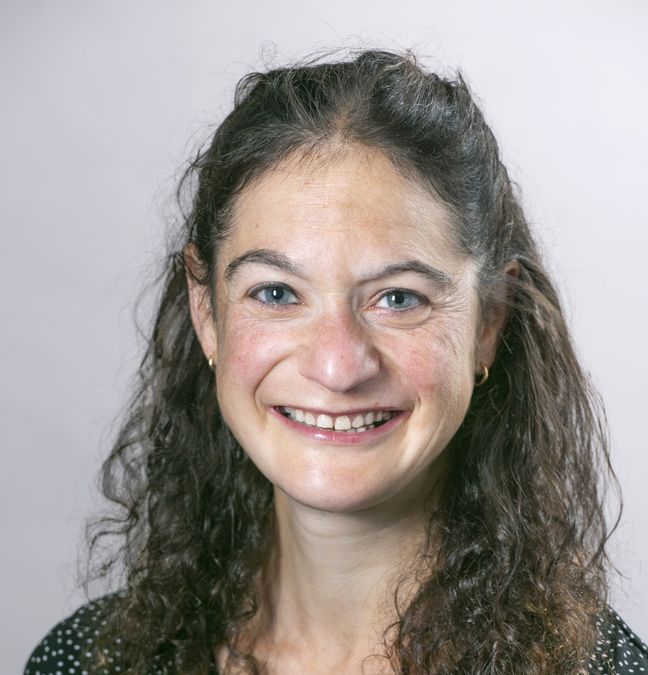
Randi Sokol, MD, MPH, MMedEd
Tufts University, Medford
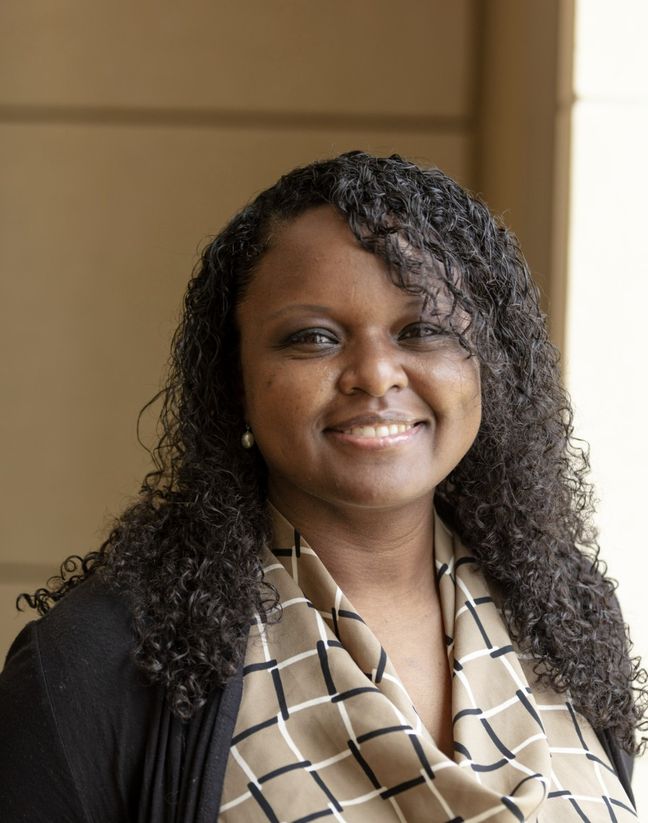
Trina Johnson, PhD, MSc
Boston Medical Center
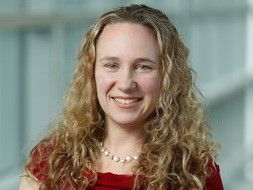
Traci Green, PhD, MSc
Brandeis University, Waltham
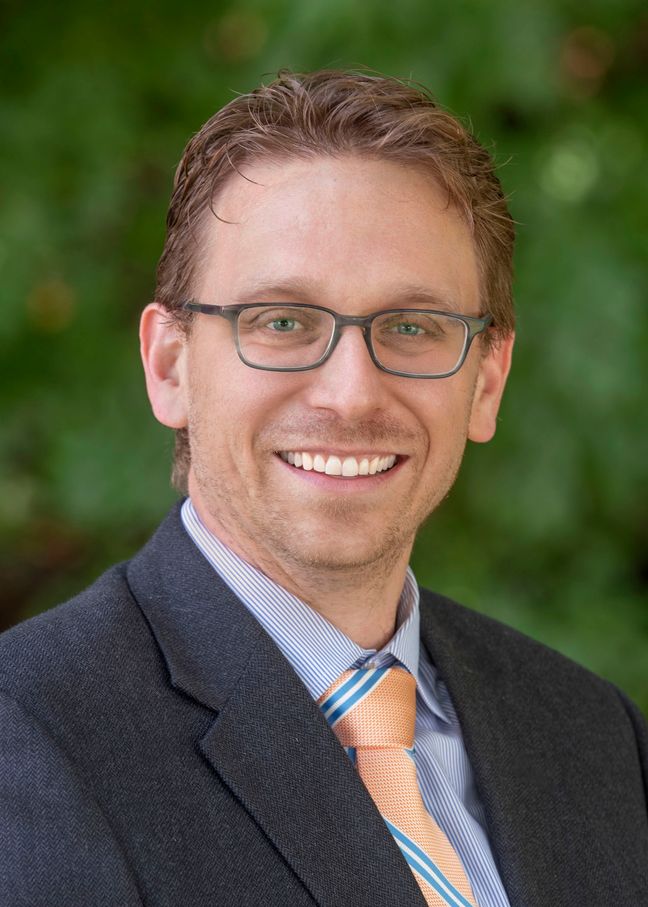
William E. Soares III, MD, MS
Baystate Medical Center, Springfield
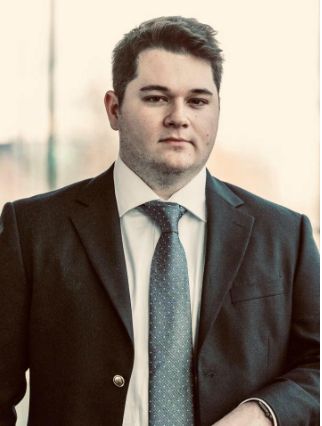
Joe Silcox, PhD, MA
Opioid Policy Research Collaborative
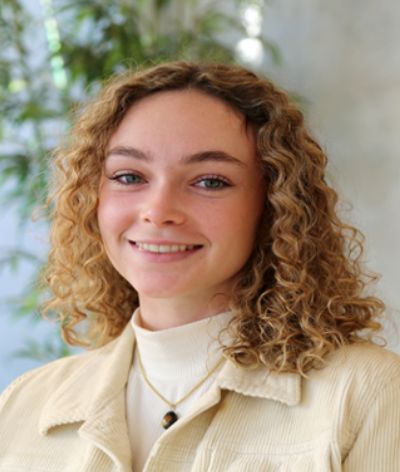
Abby Edelmann
Opioid Policy Research Collaborative

Charlie Summers
Opioid Policy Research Collaborative
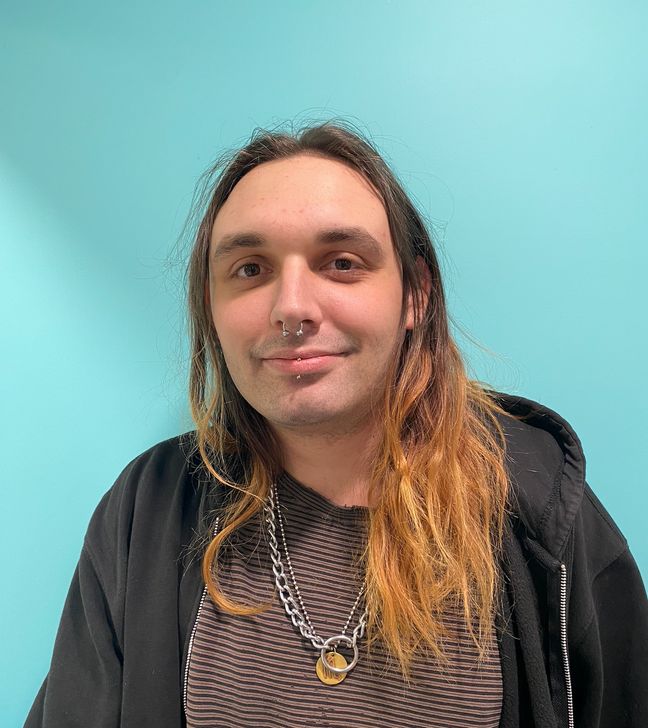
Ivy Sabal
Opioid Policy Research Collaborative
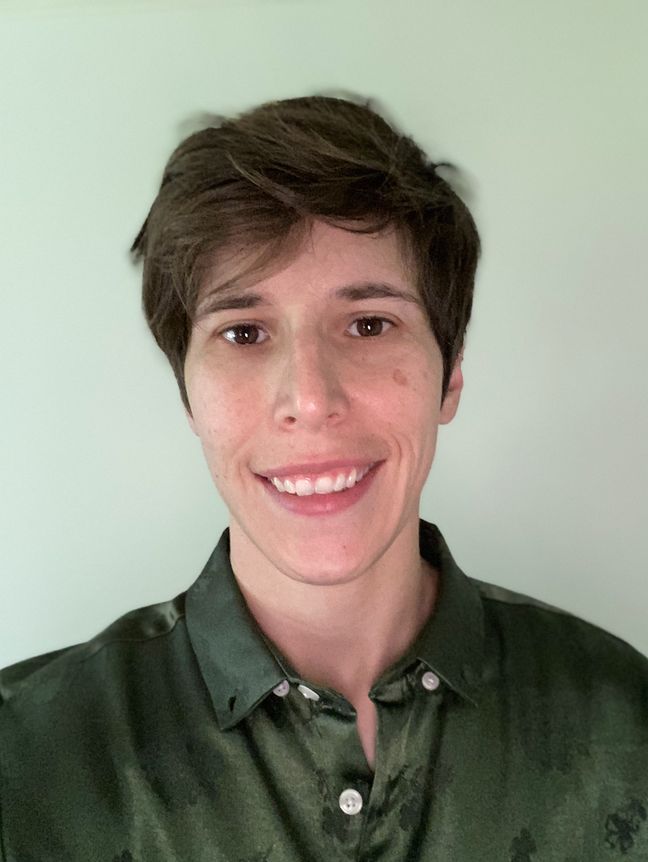
Jamie Davis
Opioid Policy Research Collaborative
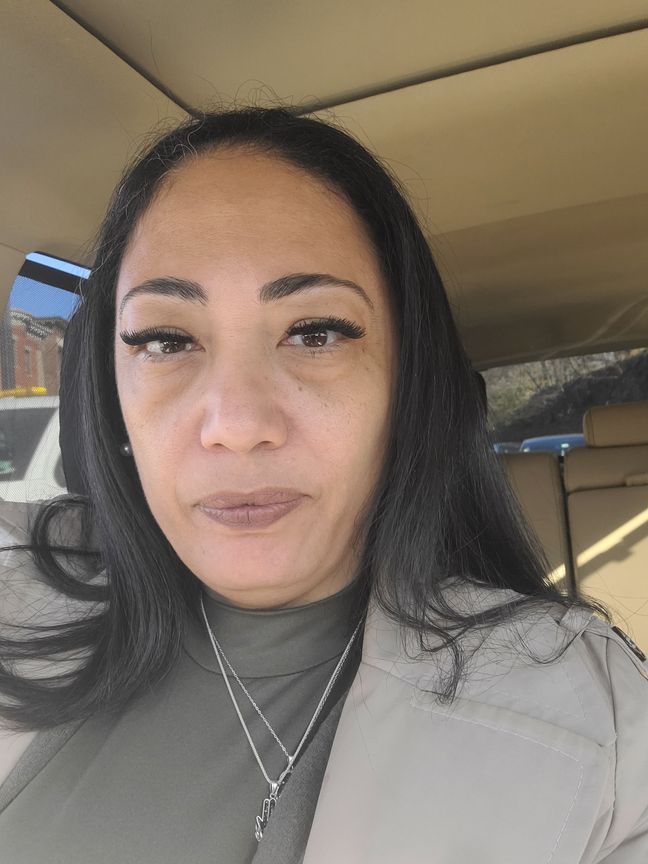
Shanna Person-Johnson
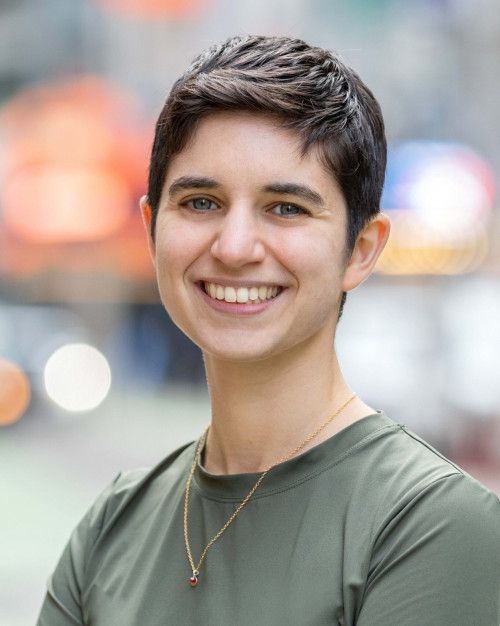
Claire Hoffman, MPH
Metropolitan Area Planning Council

Oami Amarasingham, Esq.
Massachusetts Public Health Alliance
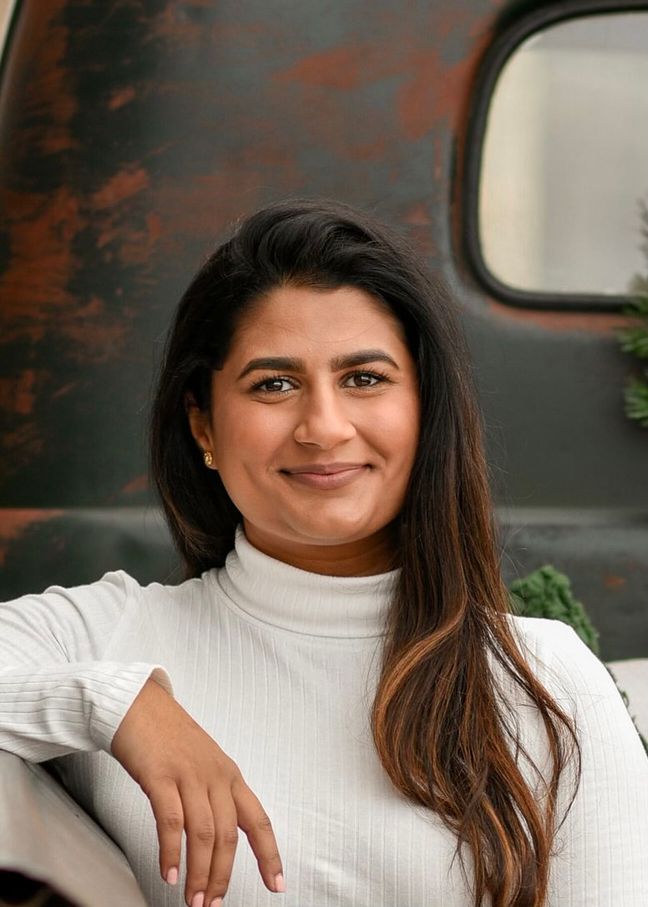
Alisha Kumar, MS
Springfield Comprehensive Treatment Center
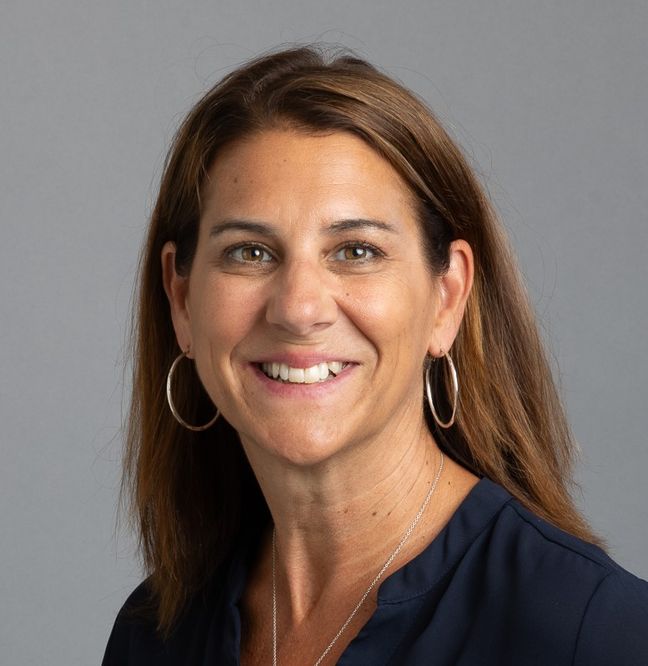
Jen Tracey, MSW
RIZE Massachusetts Foundation
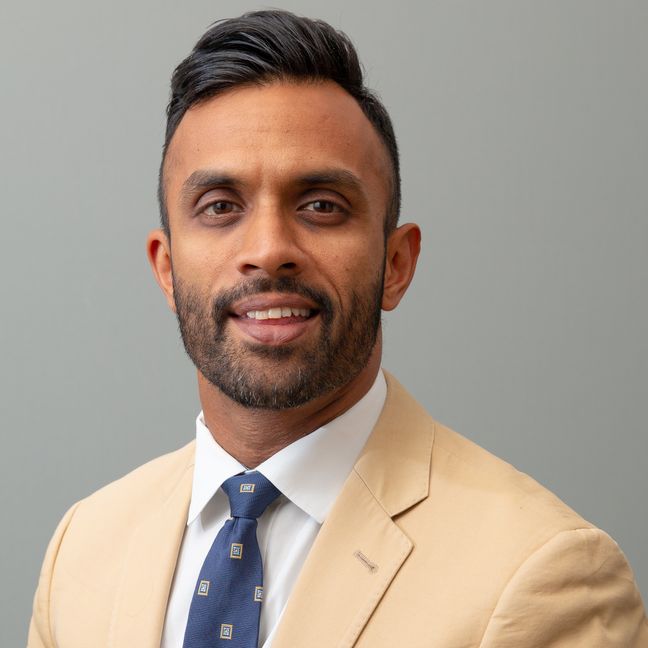
Avik Chatterjee, MD, MPH
Boston Medical Center
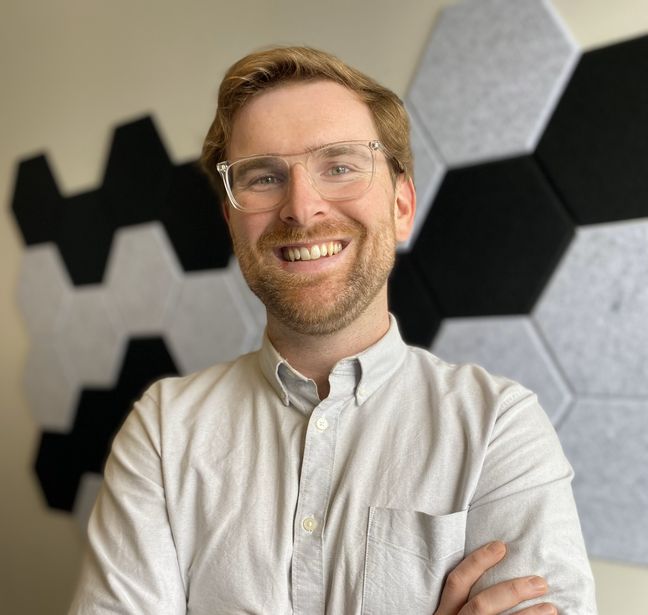
Tom Regan, MPH
King County Regional Homelessness Authority
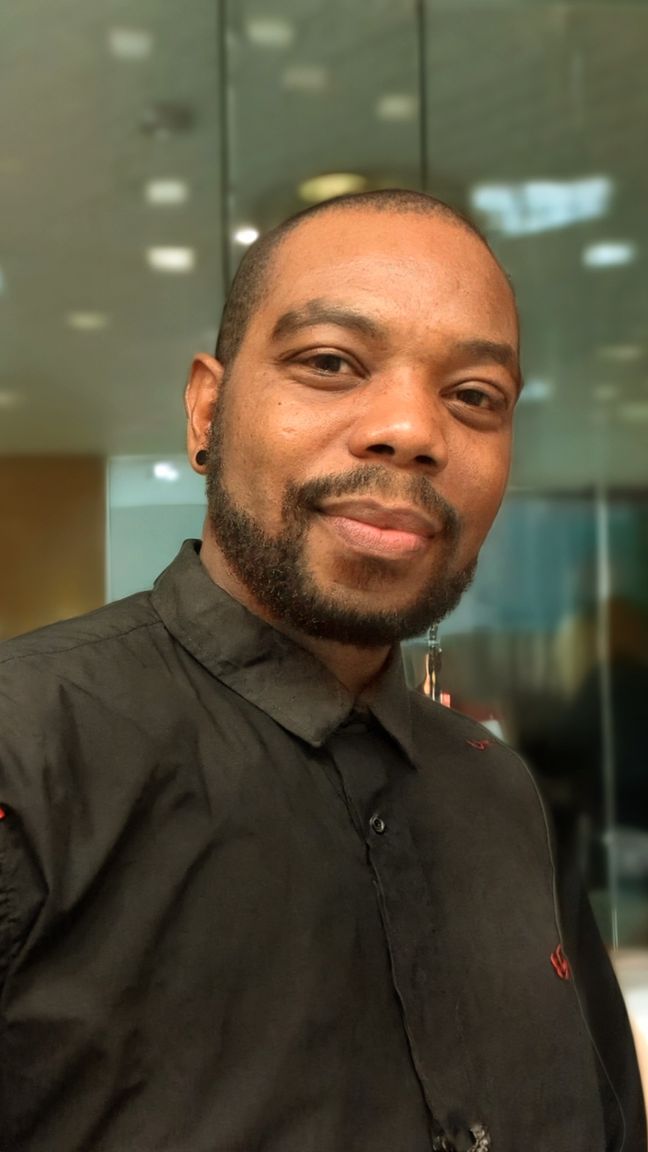
Gregory Grays-Thomas
Boston Public Health Commission
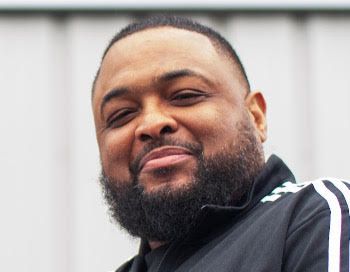
Dallas Clark
Hampden County Sheriff's Department
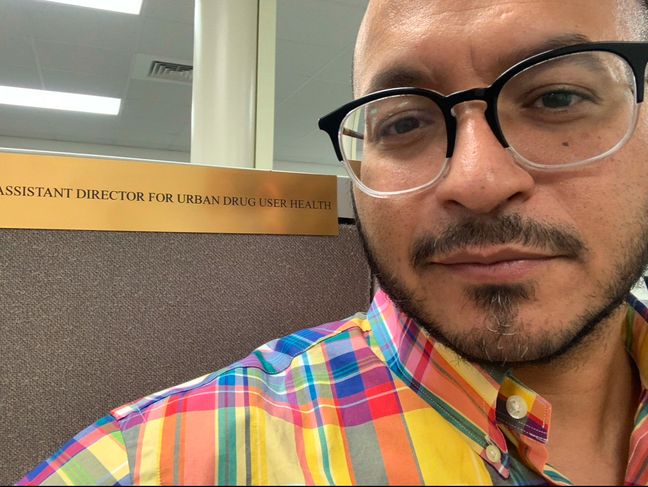
Pedro Alvarez
Tapestry Health
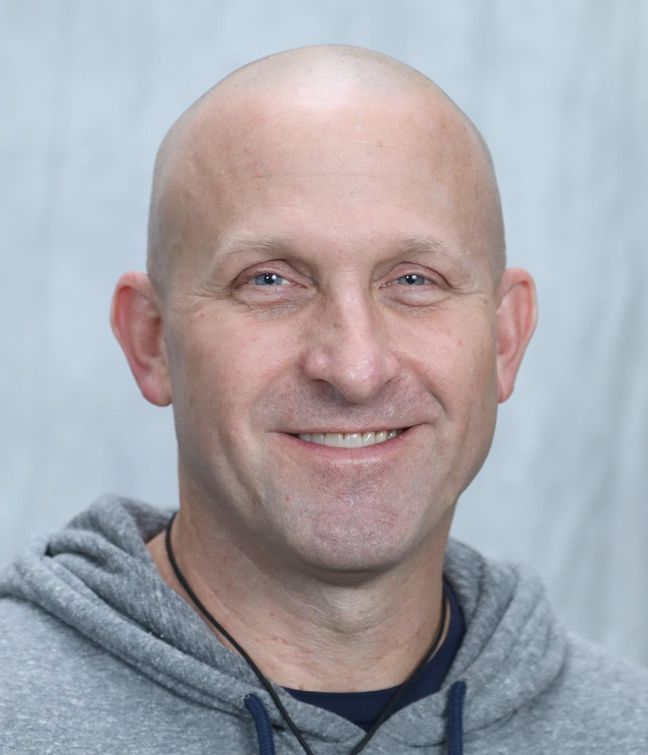
Mark Jachym
Clinical and Support Options
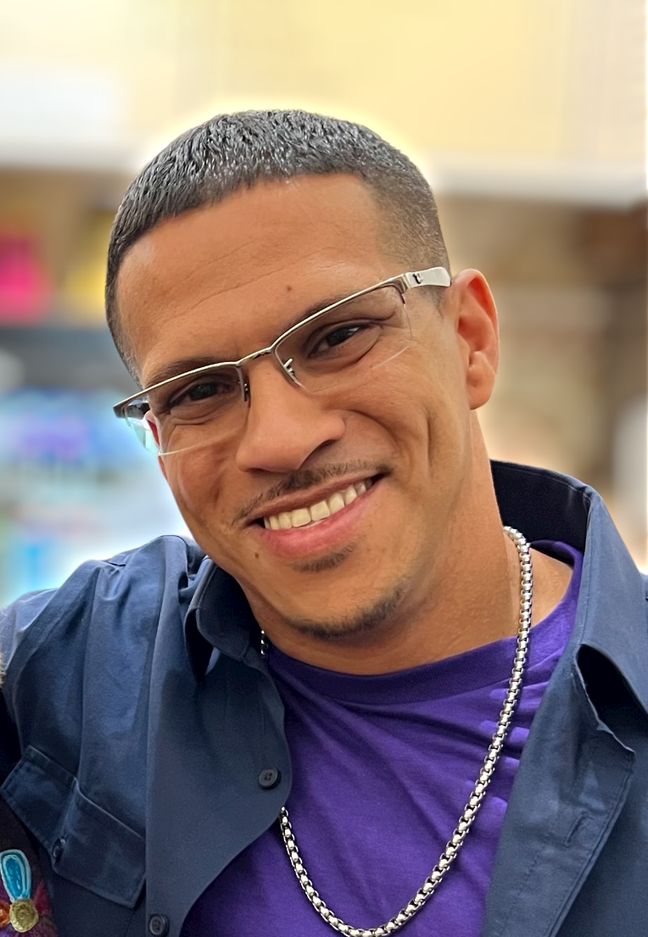
Nico Alicea
Massachusetts Organization for Addiction Recovery
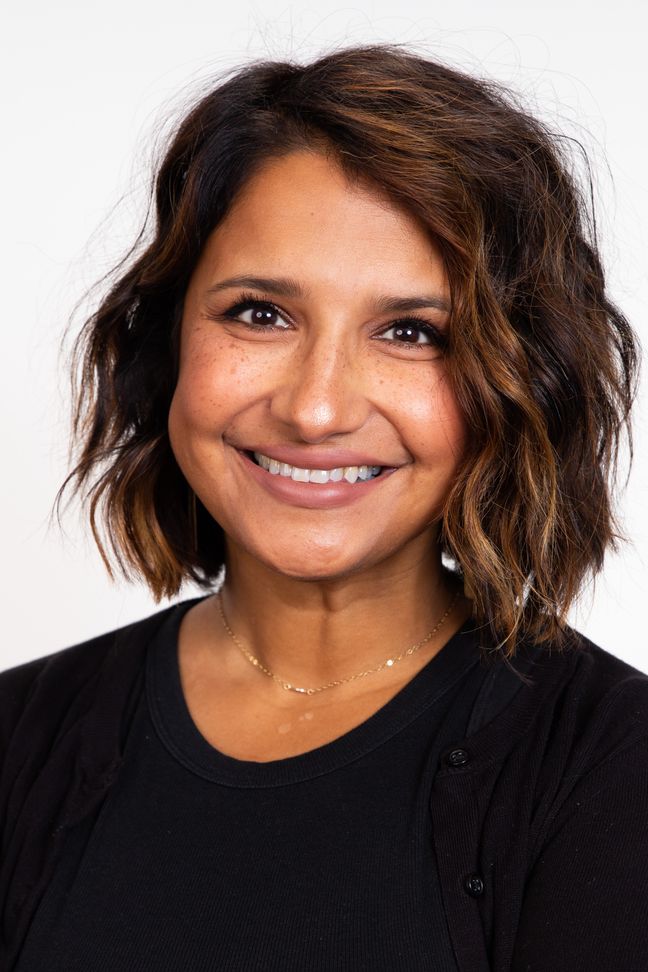
Maria Quinn, MSN, PMHNP-BC
Holyoke Medical Center
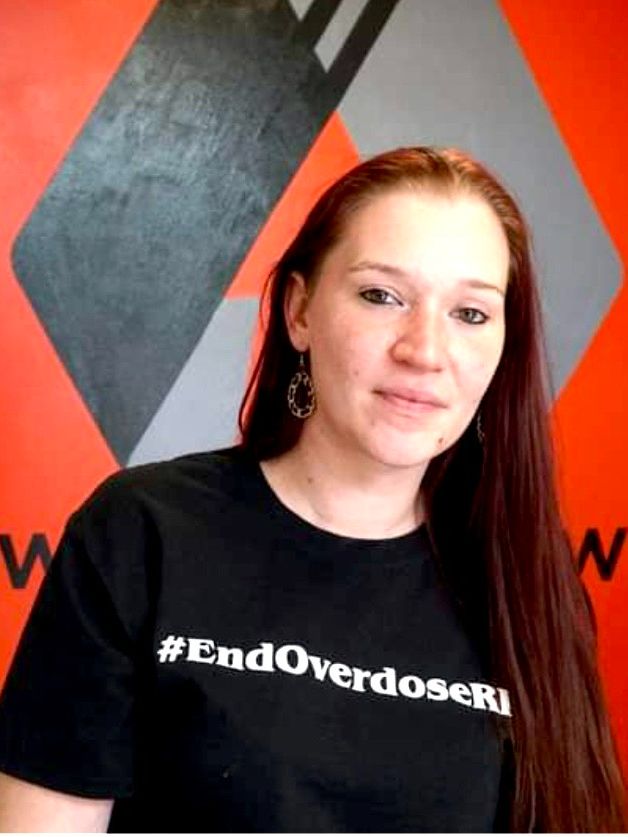
Ashley Perry
Project Weber Renew
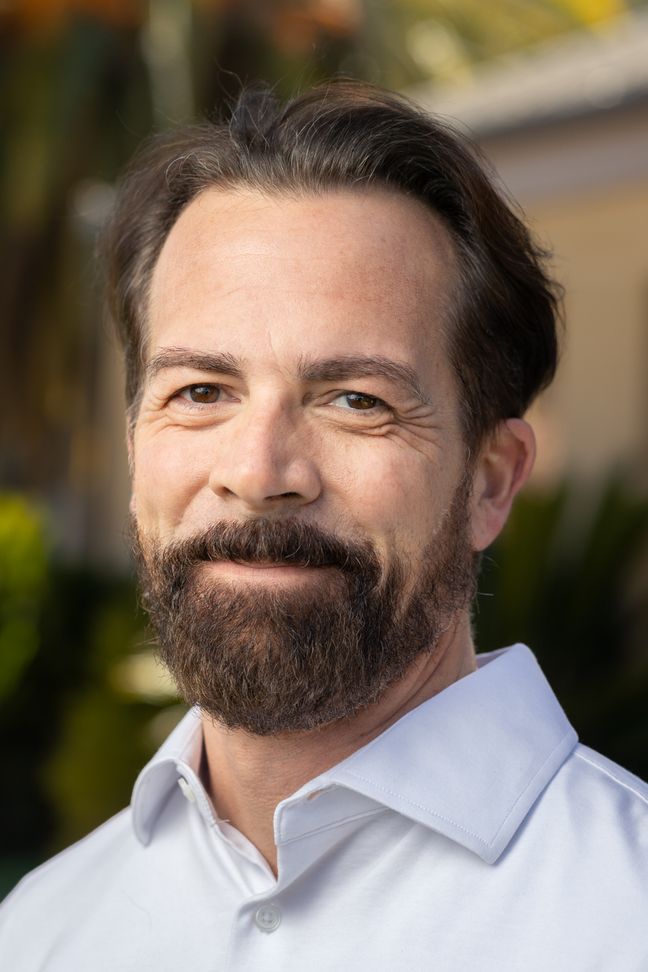
Noel Vest, PhD
Boston University School of Public Health
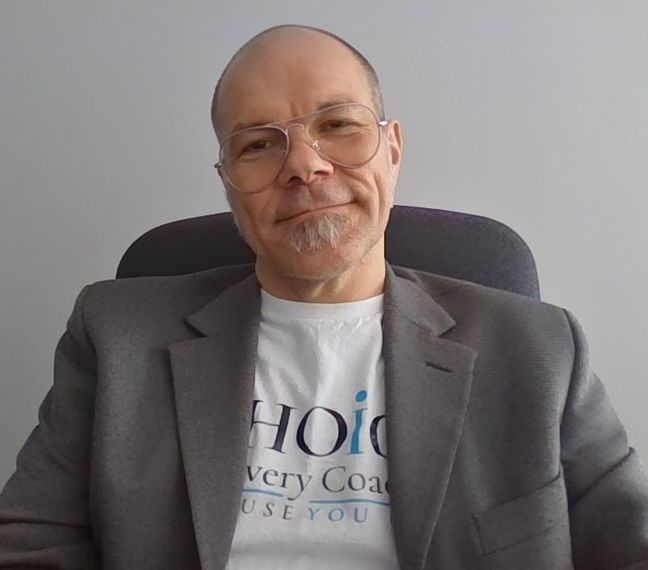
Paul Alves, RCPF, CARC, NCPRSS
Choice Recovery Coaching Inc., Springfield

Ramona Rivera-Reno, M.C.J., O.W.D.S.
MassHire Holyoke
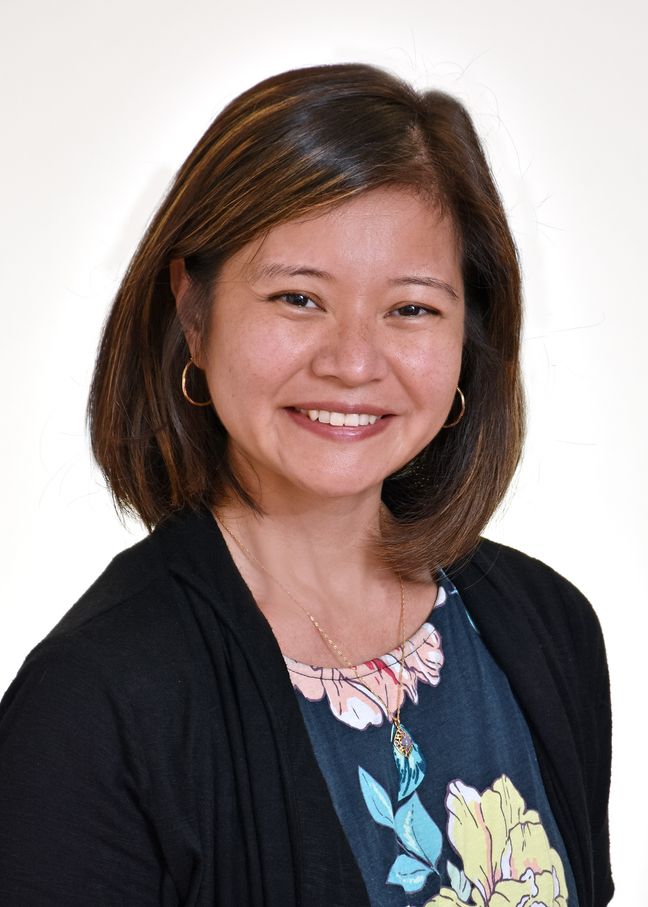
Charmaine Lastimoso, MSN, MPH, NP-C, CARN-AP
Dana-Farber Cancer Institute, Boston
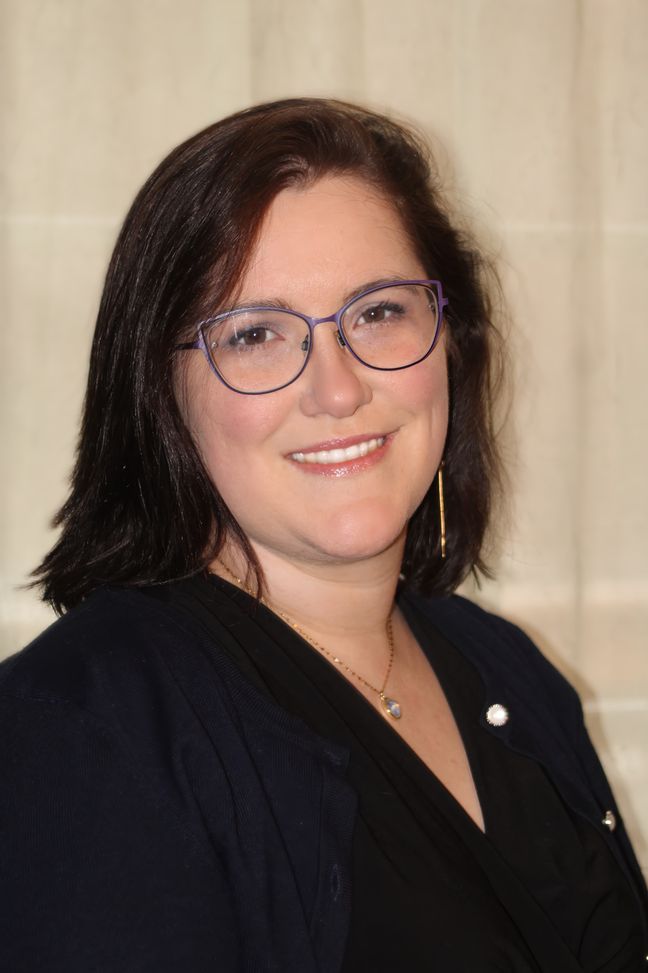
Calla Harrington, LICSW, MPH
Behavioral Health Network, Greenfield
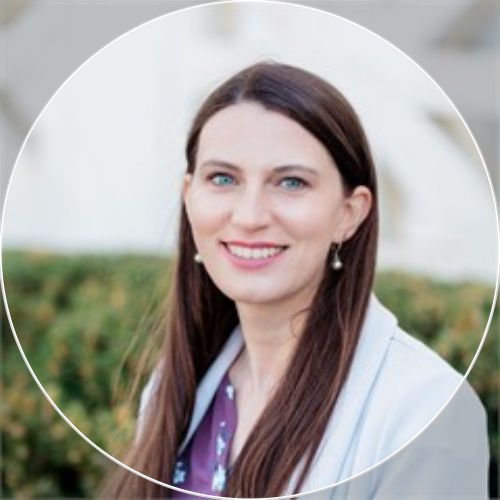
Amanda Tower
MassAbility, Boston

Al Ortiz
Holyoke Health Center
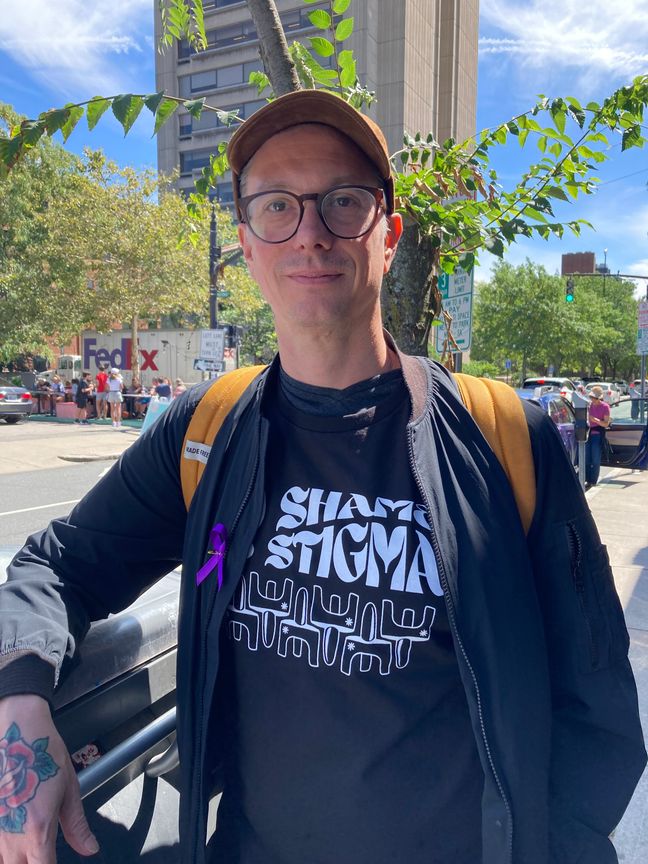
Jon Soske, PhD
Brown University Health, Providence
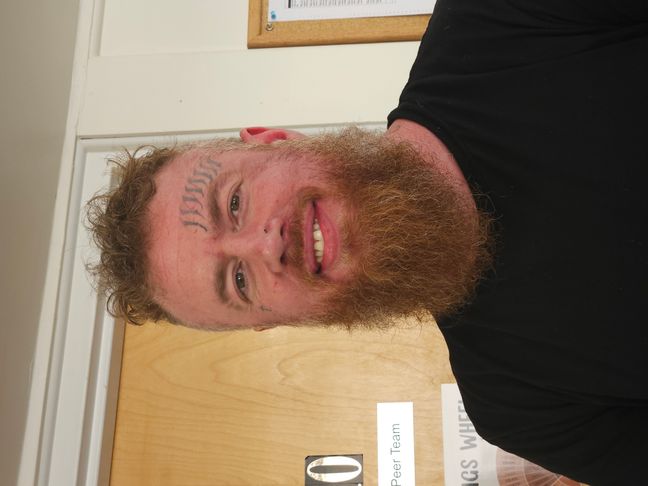
Johnny Franchio
Riverside Community Care, Norwood

Heidi DiRoberto, LMHC
Spectrum Health Systems, Inc.
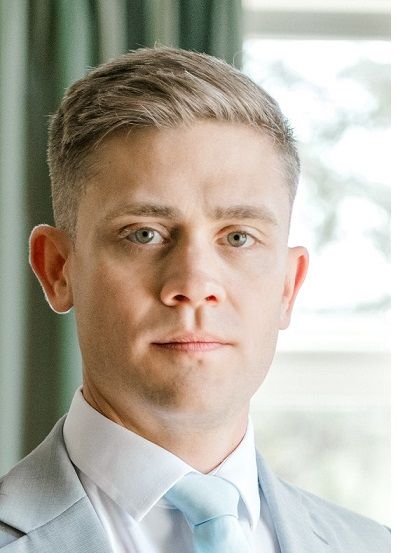
Ryan Walker
Bureau of Substance Addiction Services
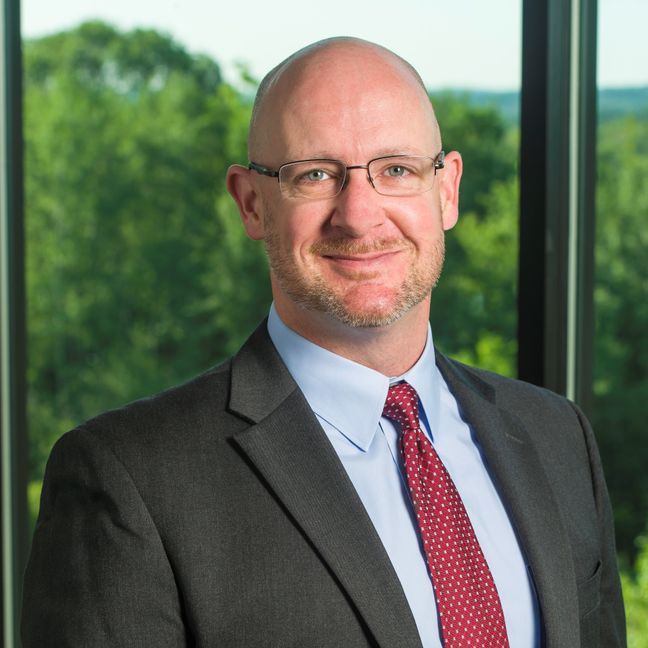
Jeff Baxter, MD
Spectrum Health Systems, Inc.

Deirdre Calvert, LICSW
Bureau of Substance Addiction Services
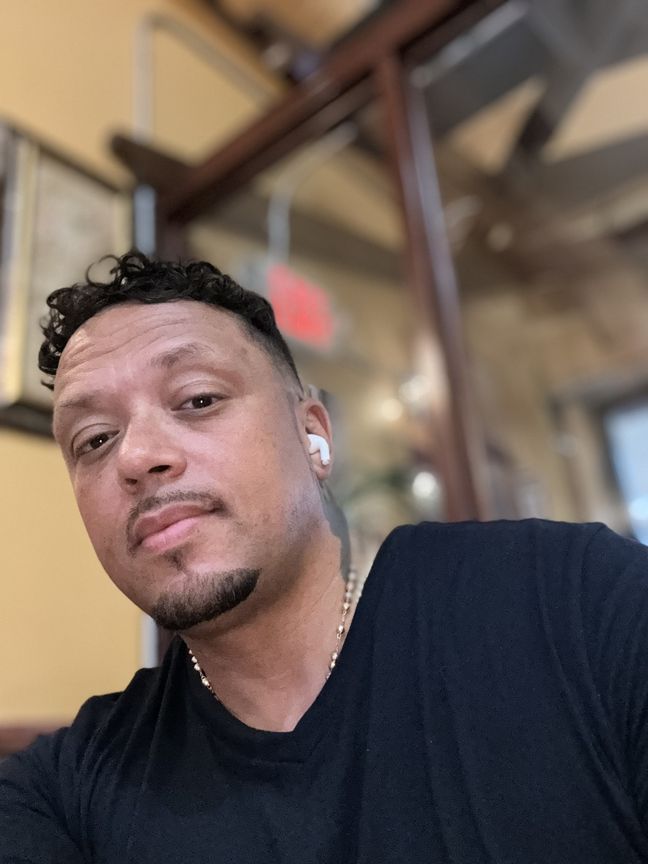
John Sánchez
Tufts University
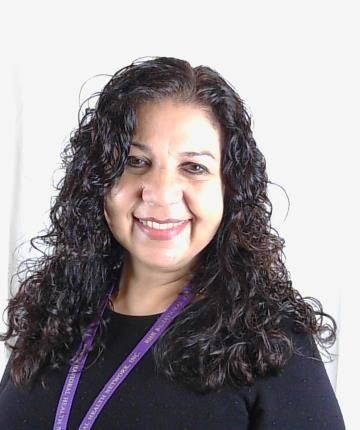
Claudia Muradian-Brubach, MBA, PHR
Behavioral Health Network, Springfield
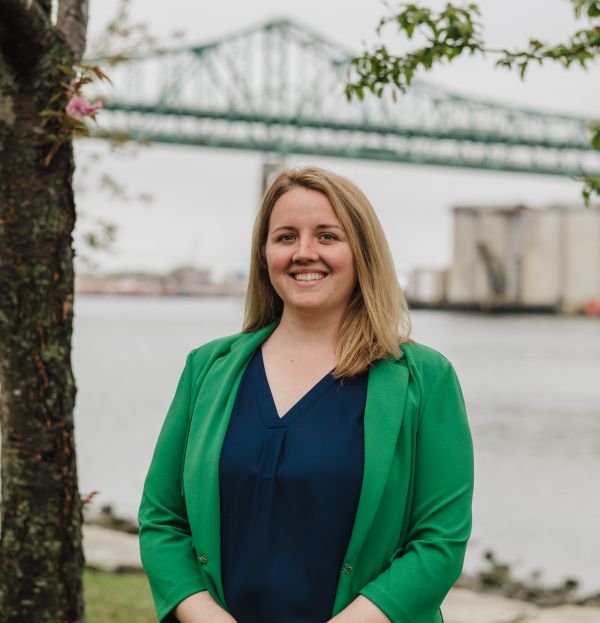
Audrey Clairmont, MSW, LICSW, LADCI
North Suffolk Community Services
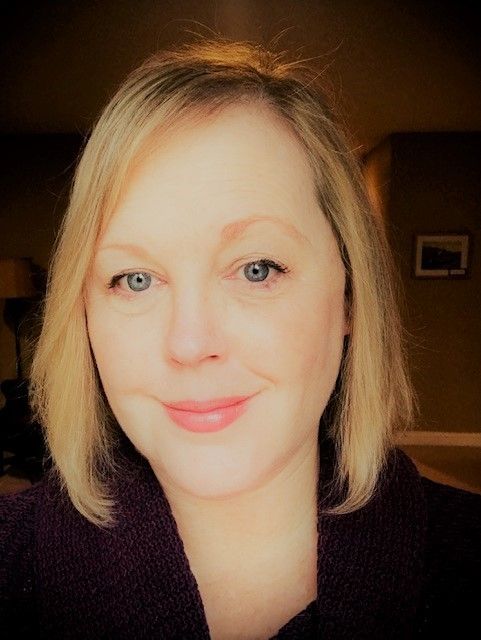
Alexandria Kearns
Bureau of Substance Addiction Services
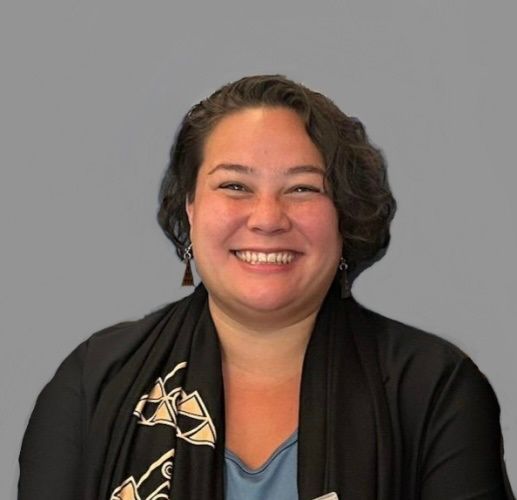
Jen Miller, M.A.
Bureau of Substance Addiction Services
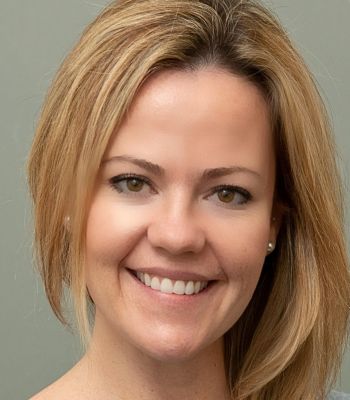
Kristin Parent, LMHC
Boston Medical Center
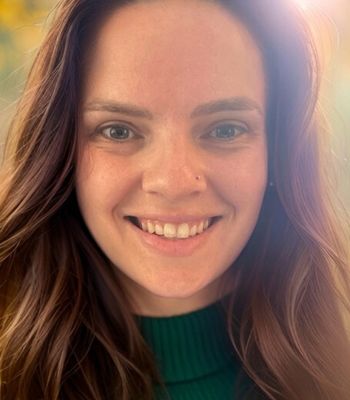
Megan Hudson, MSN, PMHNP
Boston Medical Center
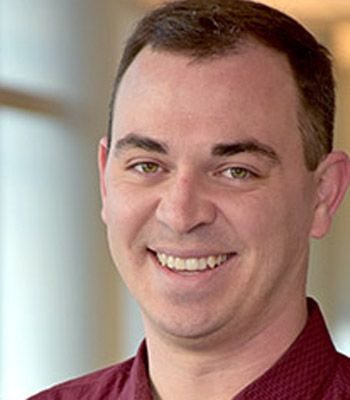
Justin Alves, RN, FNP-BC, ACRN, AACRN, CARN, CNE
Justin Alves
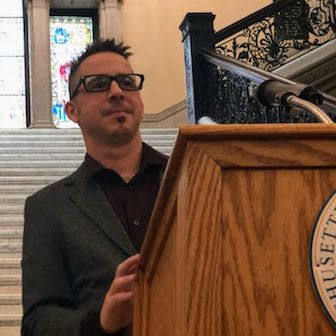
Gabriel Quaglia, CHW
Support After a Death by Overdose

Richard Zombeck
Lynn Community Health Center

Dallas Clark
Cultivating Better Minds
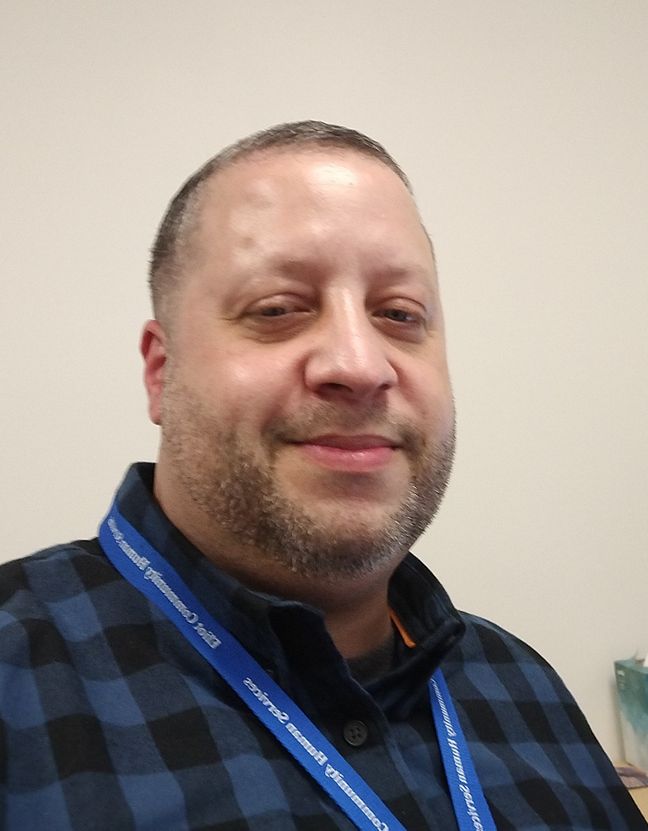
Edwin Suarez
Projects for Assistance in Transition from Homelessness
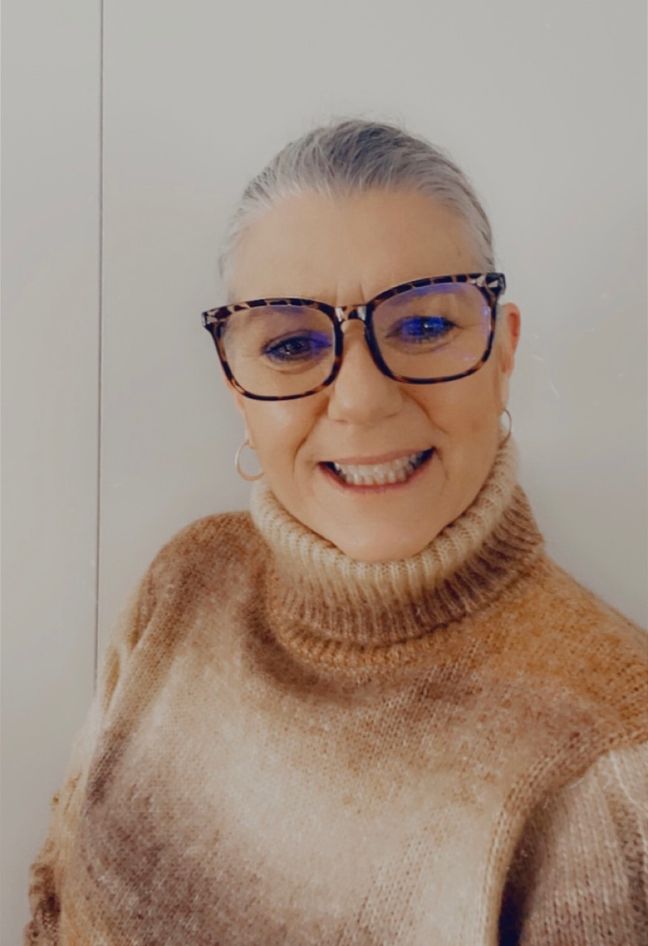
Athena Haddon
Spectrum Health Systems, Inc.

Sarah E. Lotsoff
Tufts University
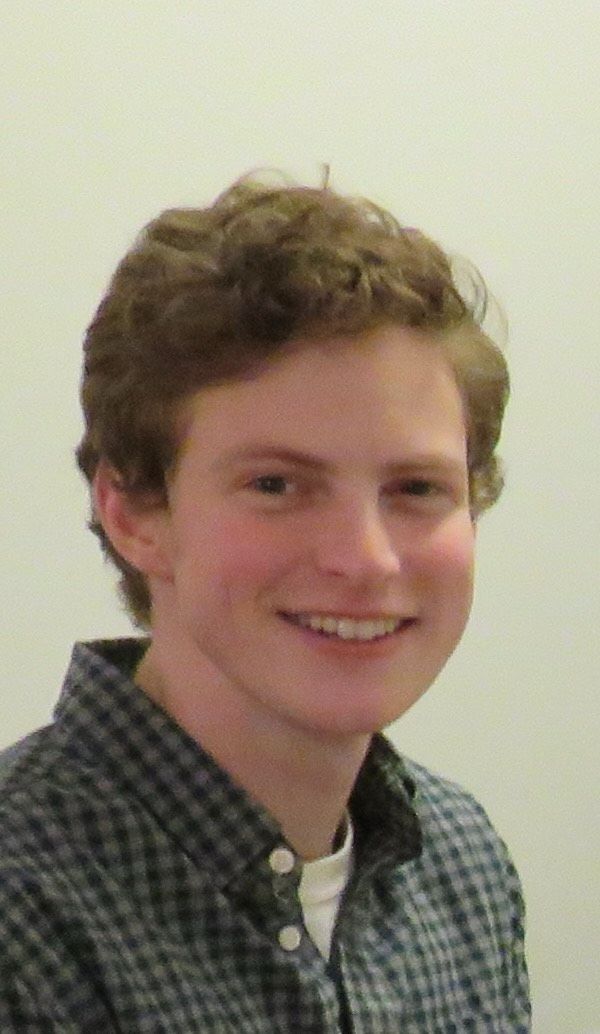
Drew Corcoran
Boston College
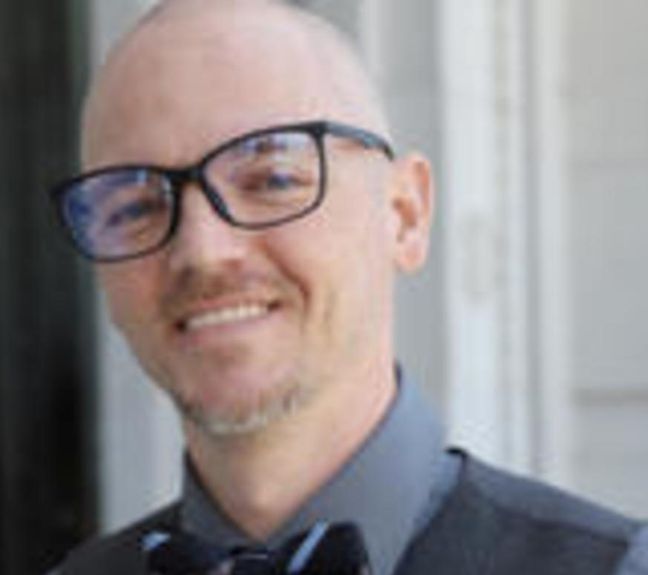
Johnny Smith
Harvard University
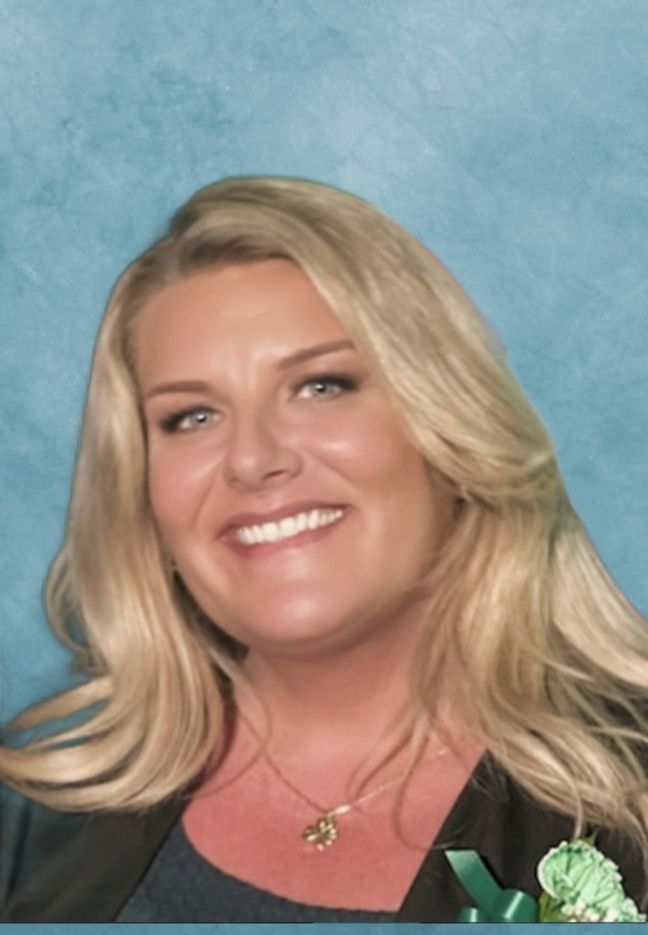
Danielle O’Brien, LADC II, CARC
Bureau of Substance Addiction Services
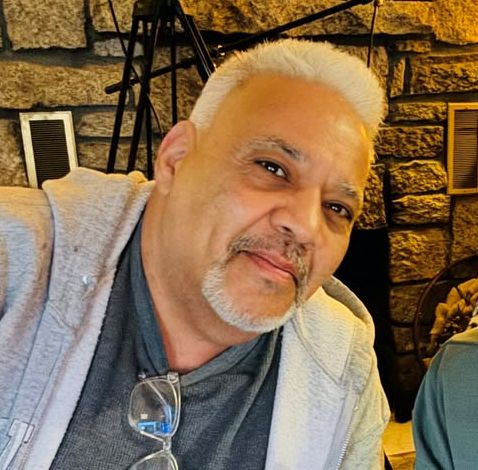
Bruce Curlis
Hasanamisco Nipmuc Band
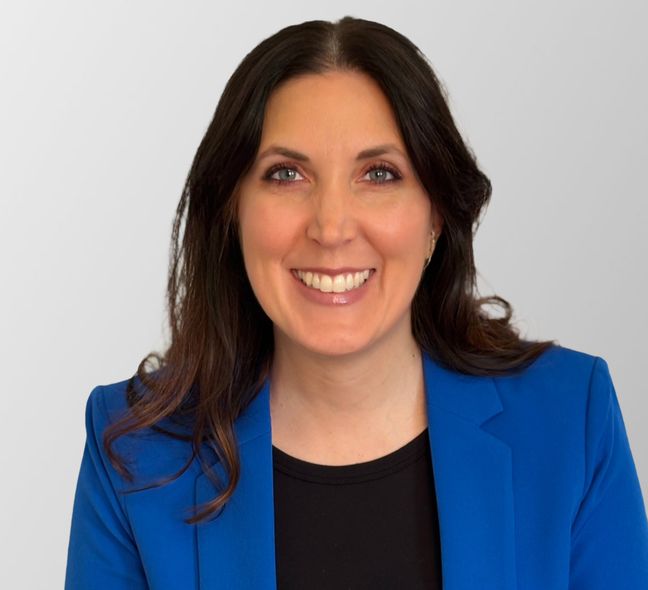
Tania DiDuca
South Middlesex Opportunity Council
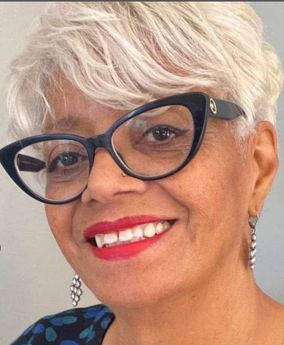
Andrea Smith
Hassanamisco Nipmuc Band
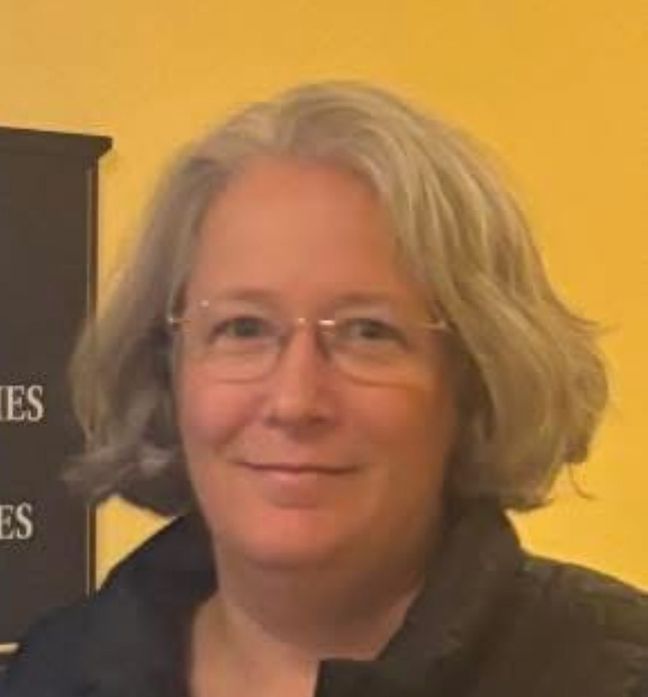
Jodie Chapdelaine
Hassanamisco Nipmuc Health Committee
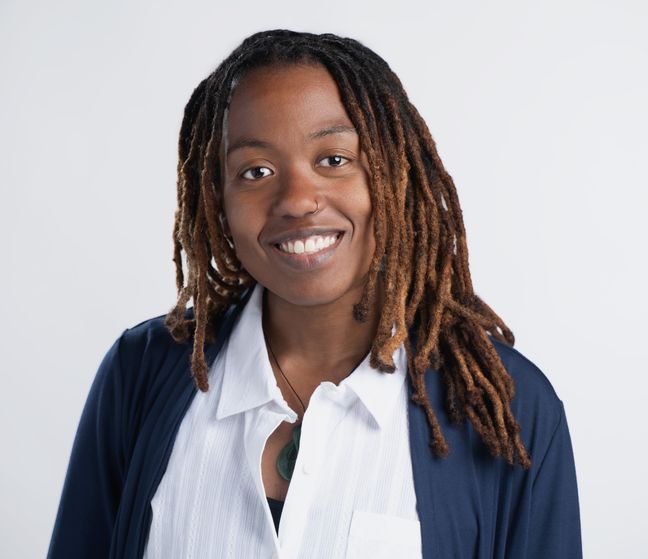
Elizabeth Addison
The Meghann Perry Group, Bridgewater
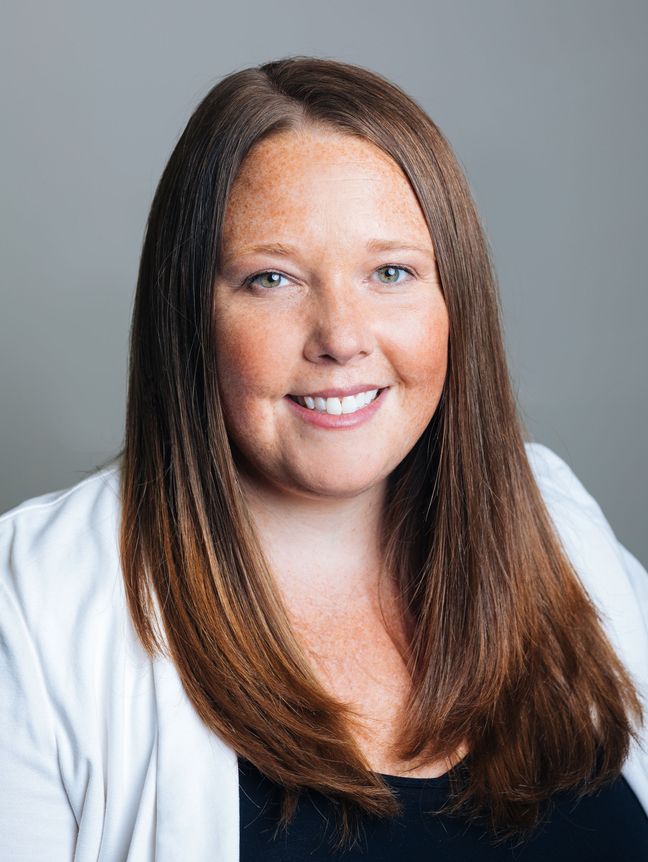
Stacey Lynch
BSAS
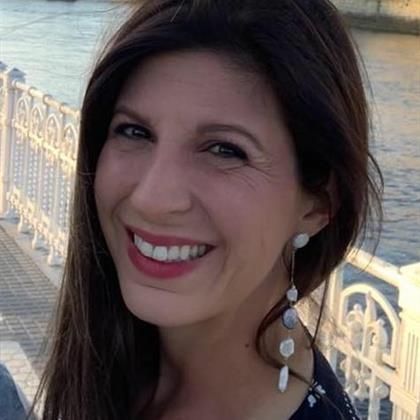
Randi Schuster, PhD
Massachusetts General Hospital/Harvard Medical School
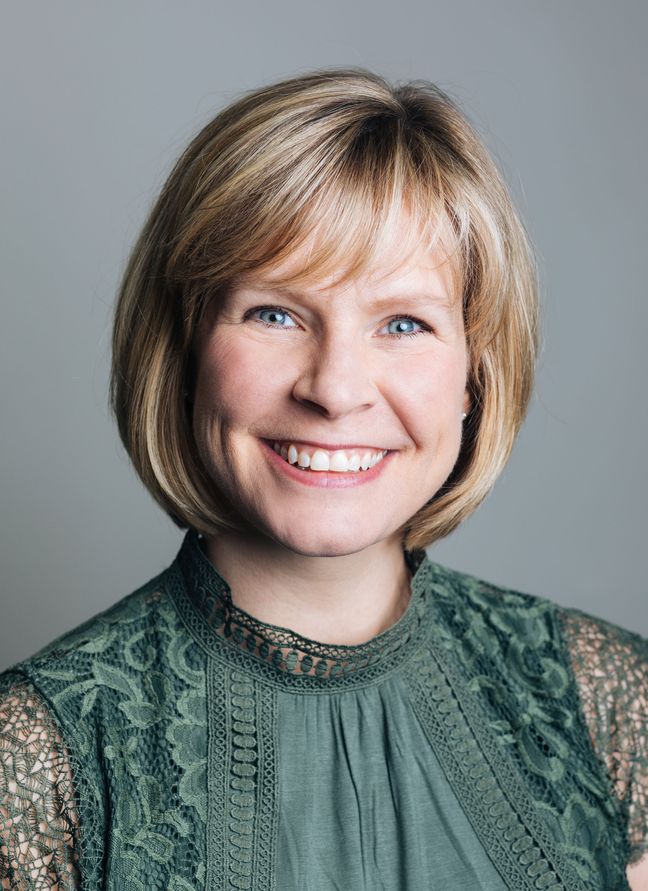
Rebecca Butler, MSc, MSW, LCSW
MGH Center for Addiction Medicine
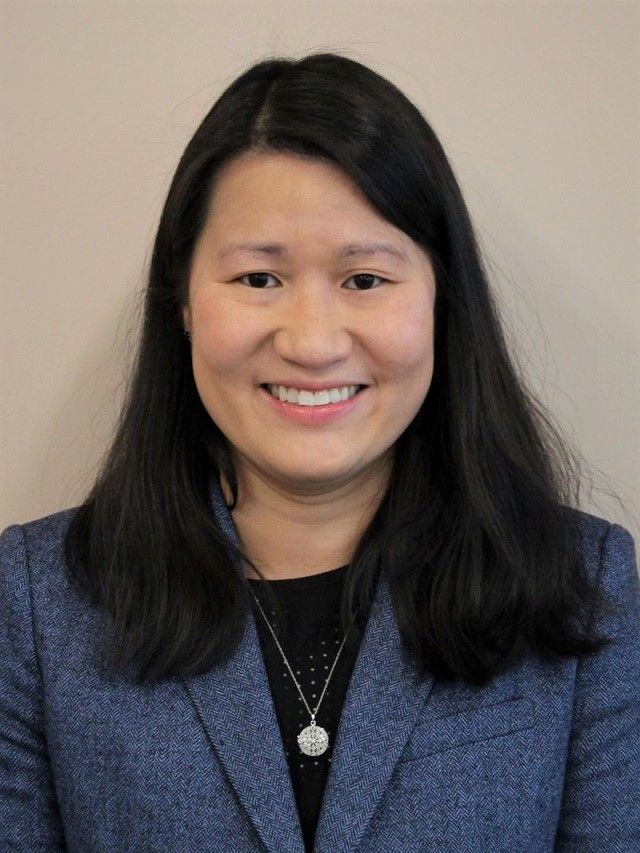
Amie Shei, PhD
The Health Foundation of Central Massachusetts, Worcester
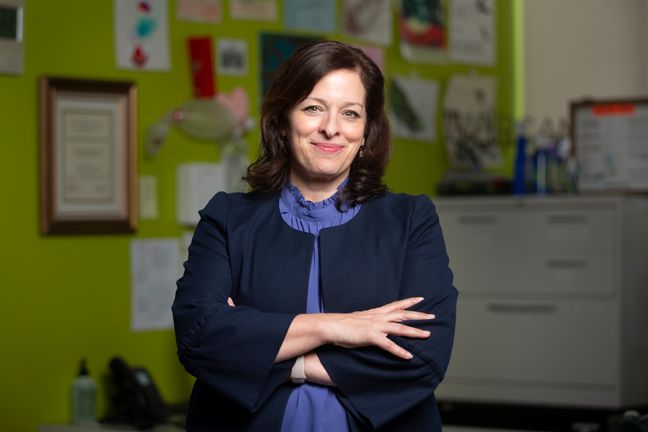
Julie Burns
RIZE Massachusetts Foundation
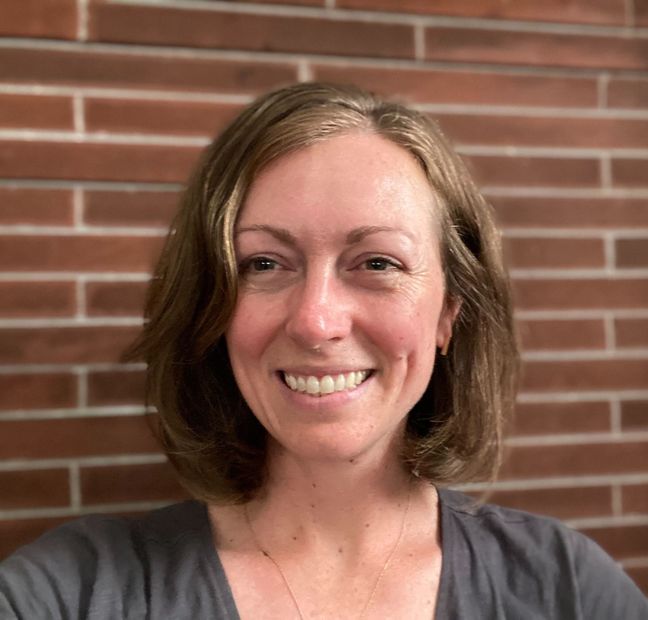
Megan MacDavey
Peter and Elizabeth Tower Foundation, Getzville, NY
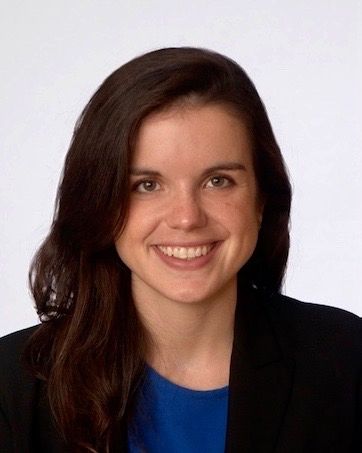
Jessica Calihan, MD
Boston Medical Center
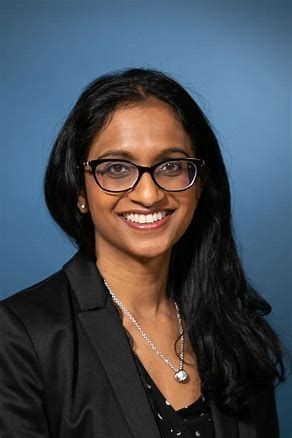
Abita Raj, MD
UMass Memorial Medical Center, Worcester
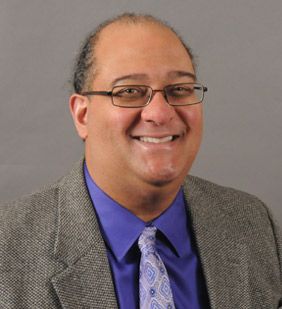
J. Cedric Woods, PhD
UMass Boston
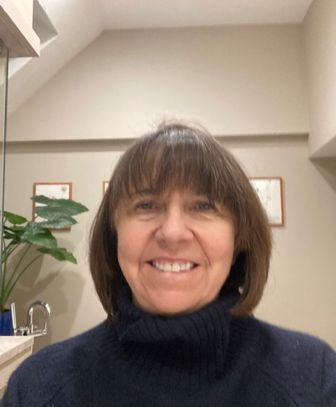
Teri Aronowitz, PhD, APRN, FNP-BC, FAAN
UMass Chan Medical School, Worcester
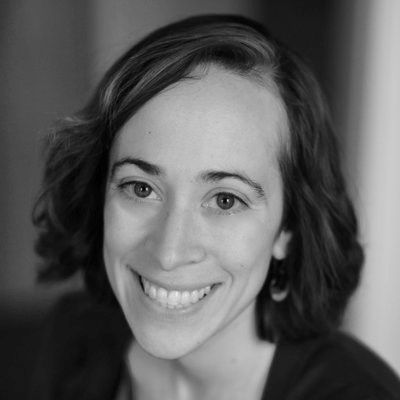
Davida M. Schiff, MD, MSc
MGH
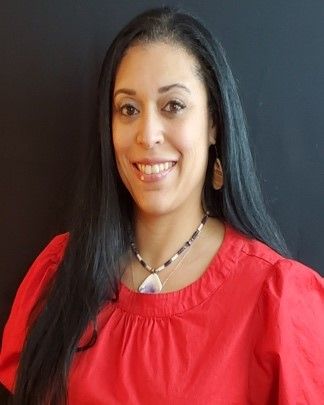
Autaquay Peters-Mosquera, BSN, MBA
UMass Chan Medical School, Worcester
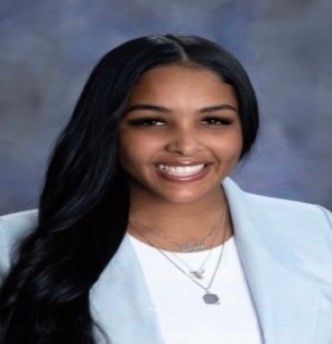
Chyla Bingham-Hendricks, BSN
UMass Chan Medical School, Worcester
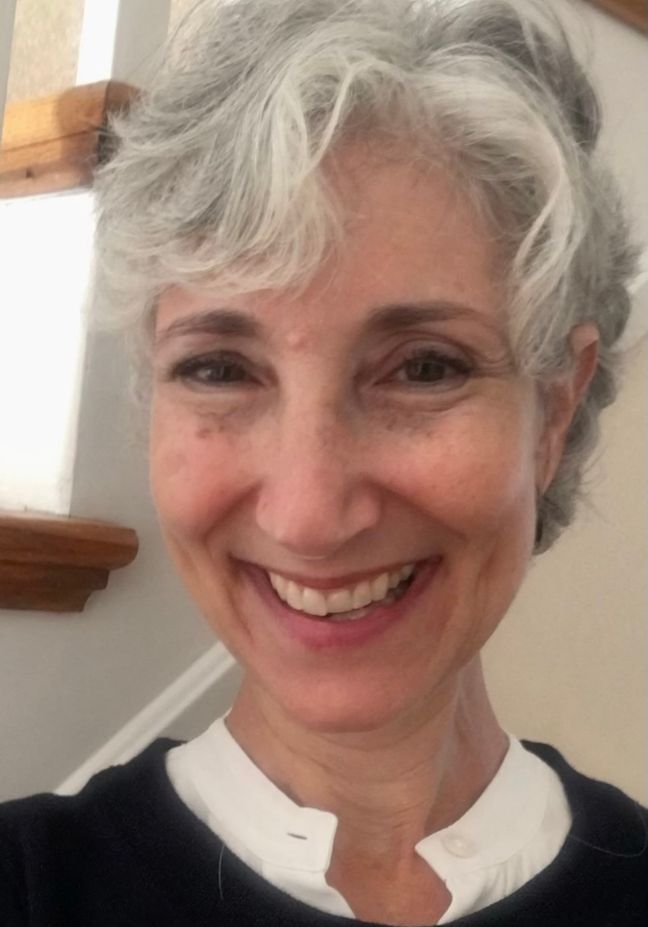
Laura Sternberger, LICSW
Moms Do Care

Telyia Prescott
Moms Do Care
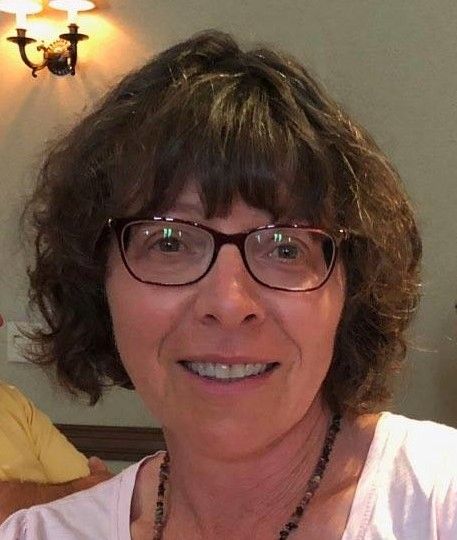
Marie Kiely, M.S.
New Hampshire Division of Public Health Services
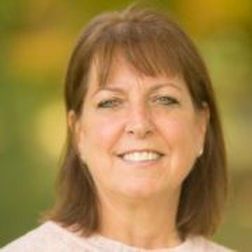
Cheryl Juaire
Team Sharing
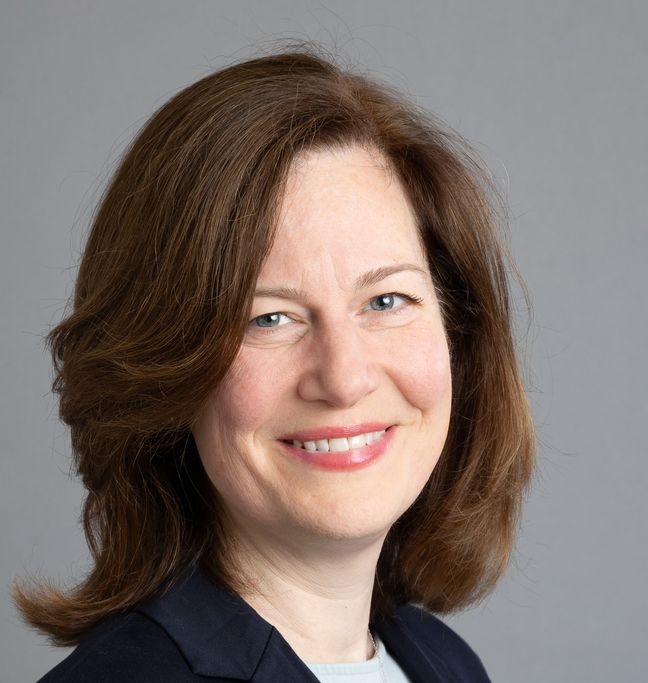
Annmarie Pagliano, MFA
RIZE Massachusetts Foundation
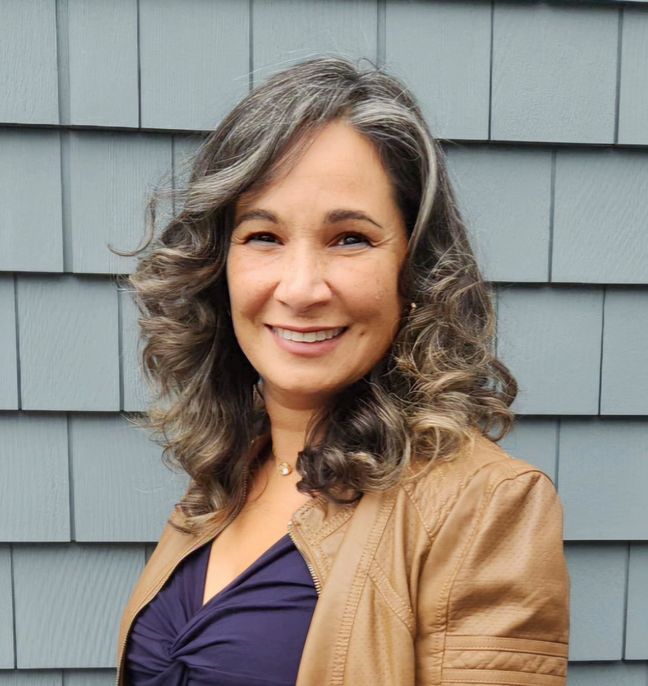
Magda Colon
Learn to Cope

Miriam King
UMass Memorial Health-Community Healthlink
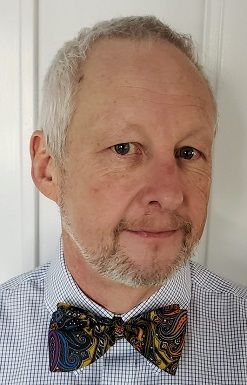
Christopher Shanahan, MD, MPH, FACP
Massachusetts Consultation Service for Treatment of Addiction and Pain
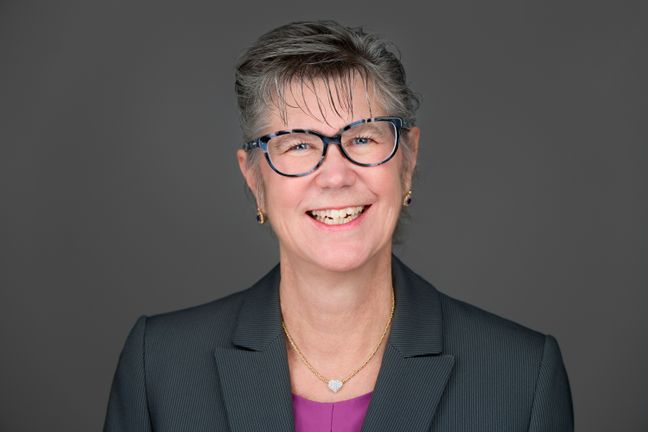
Jonna Hopwood, JD, LICSW
Association for Behavioral Healthcare
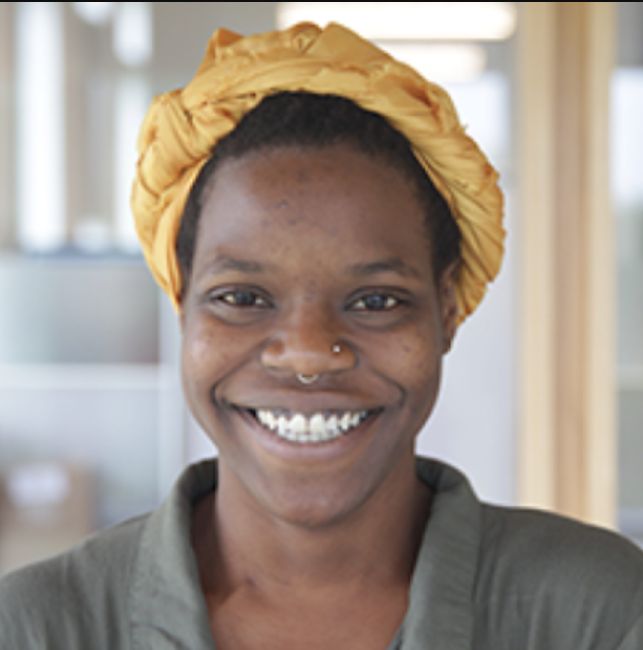
Mae Fuller, RN
Moms Do Care EMPOWER

Elizabeth Quinn, MD
Lynn Community Health Center
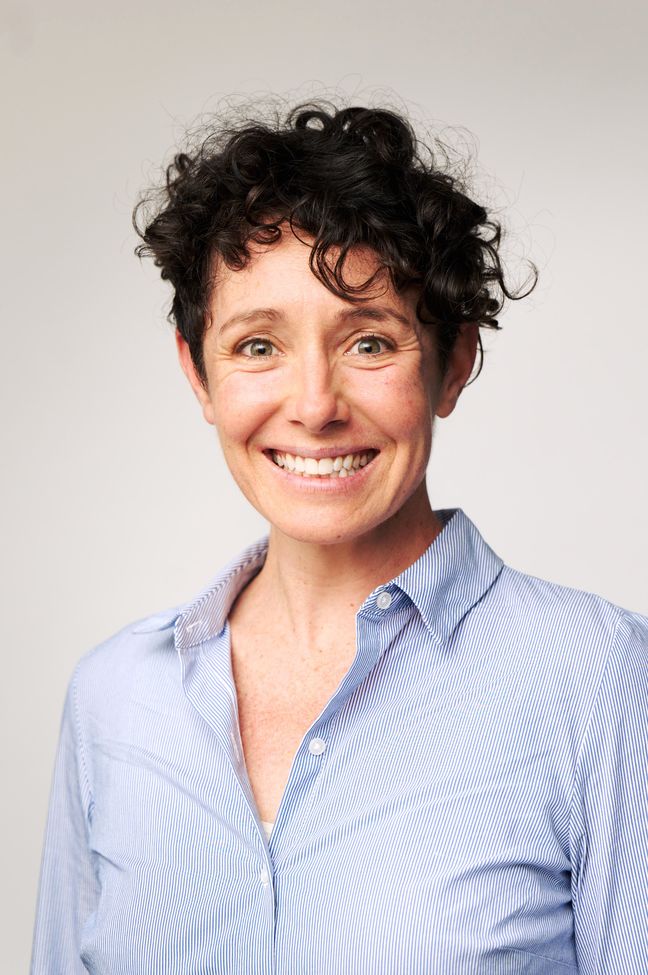
Julia Reddy, PhD
Children's Data Network
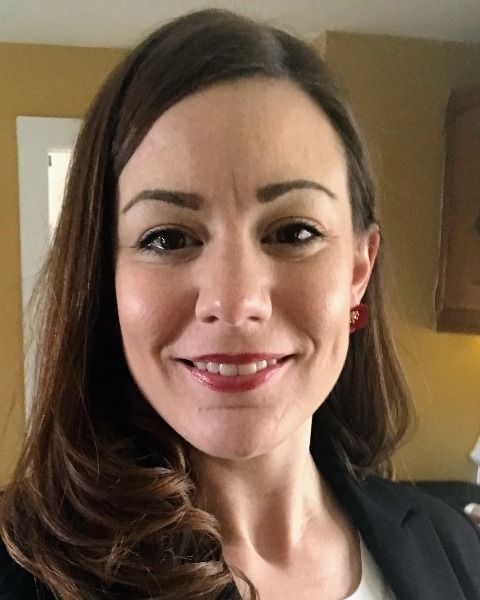
Juliana Scherer, LICSW
Boston Medical Center
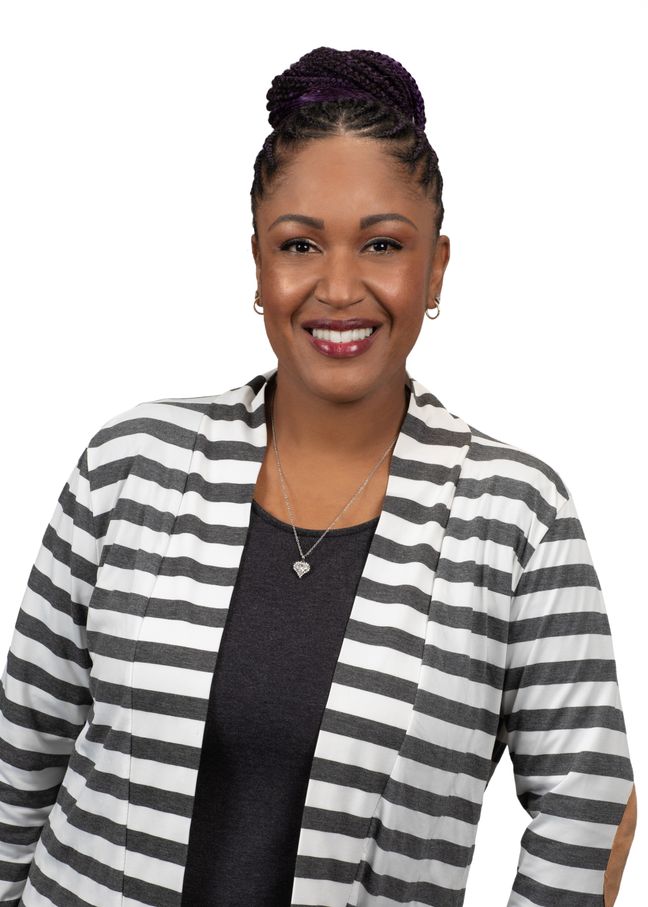
Ashley Dortch, LICSW
Boston Medical Center
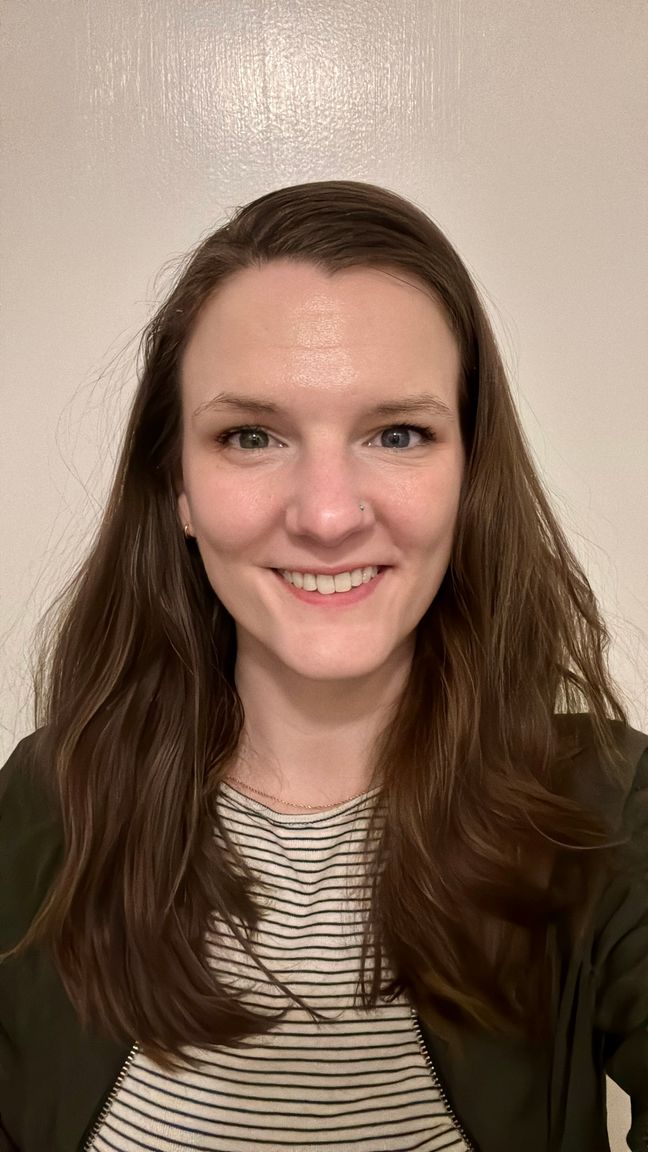
Sarah Courtney
Bureau of Substance Addiction Services
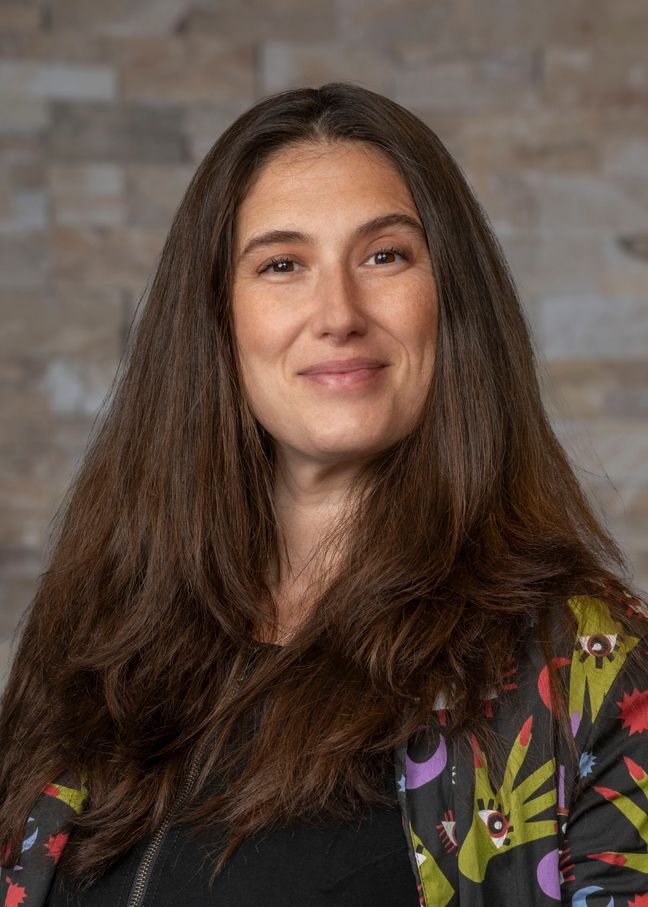
Josefa Scherer, MPH
Moms Do Care EMPOWER
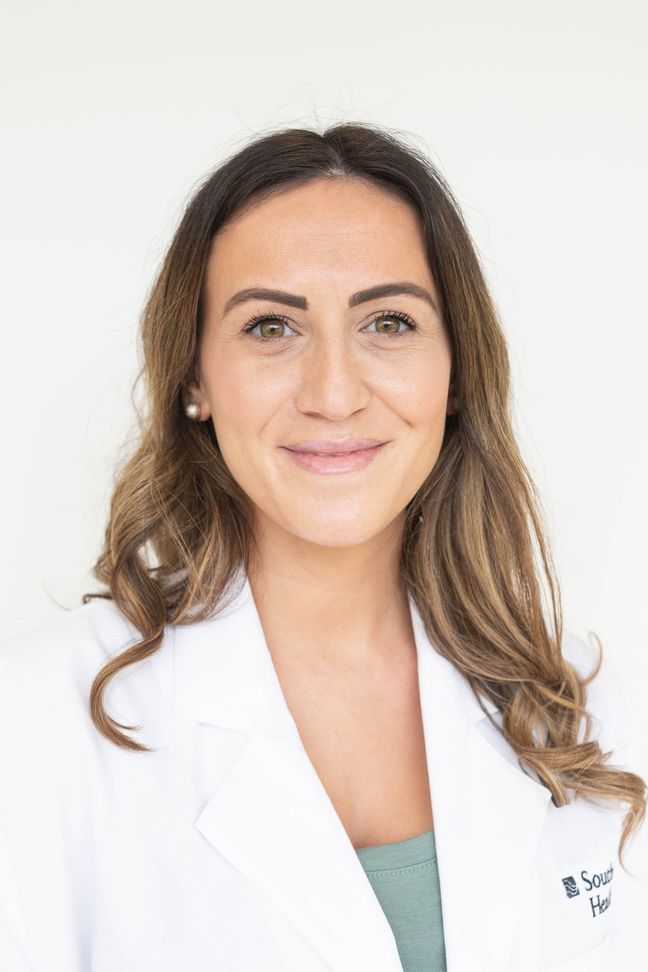
Lauren Sousa, RN
Moms Do Care Southcoast
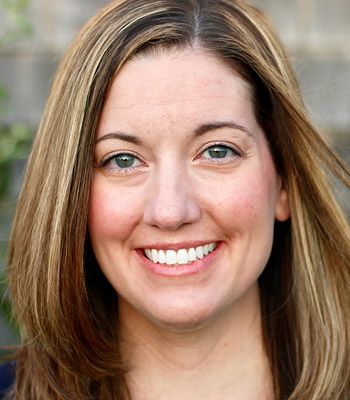
Alicia Ventura, MPH
Grayken Center for Addiction Training and Technical Assistance